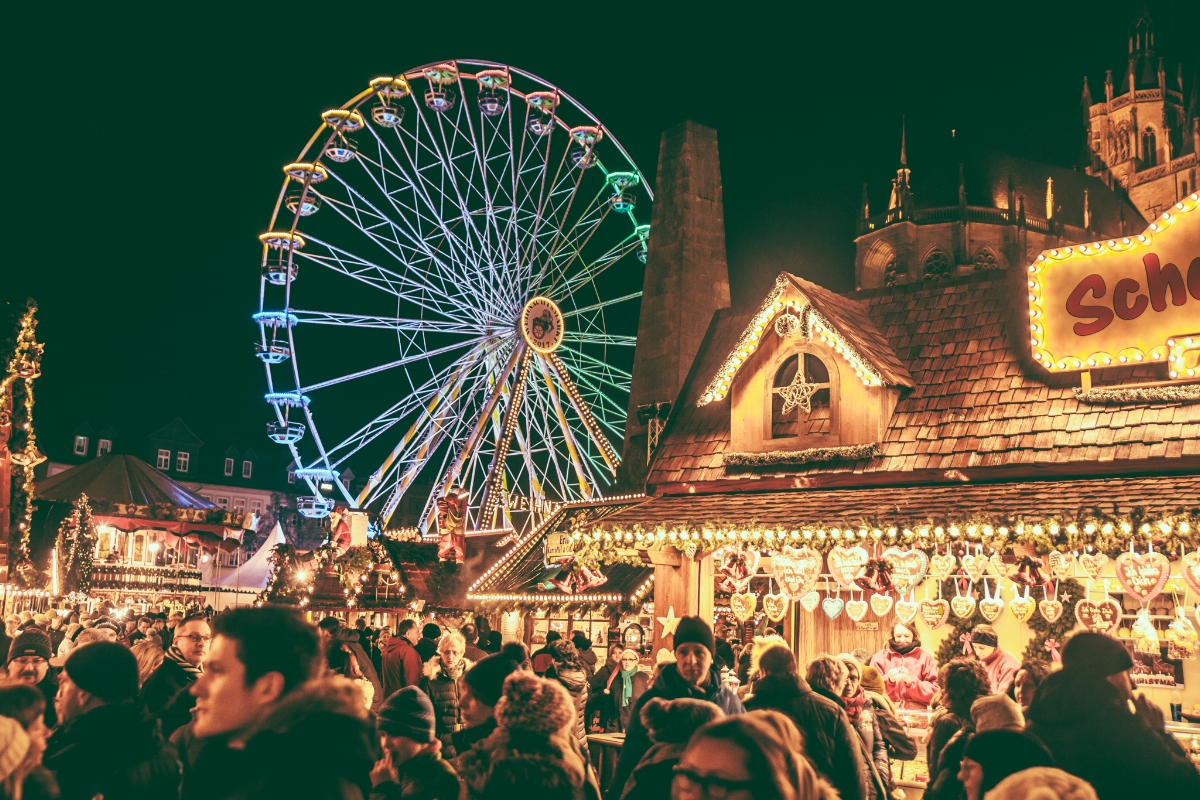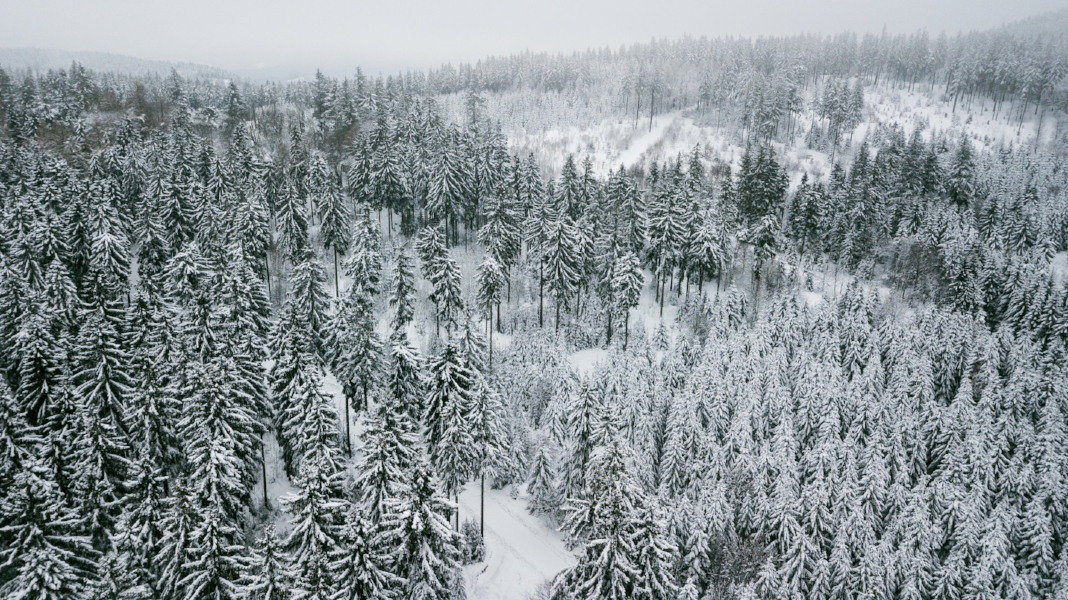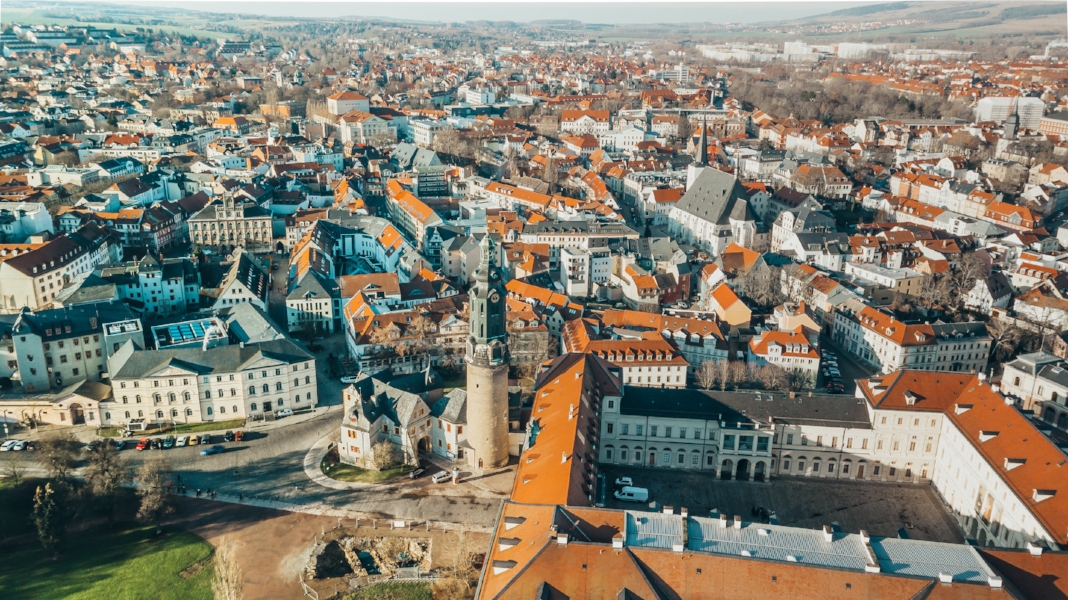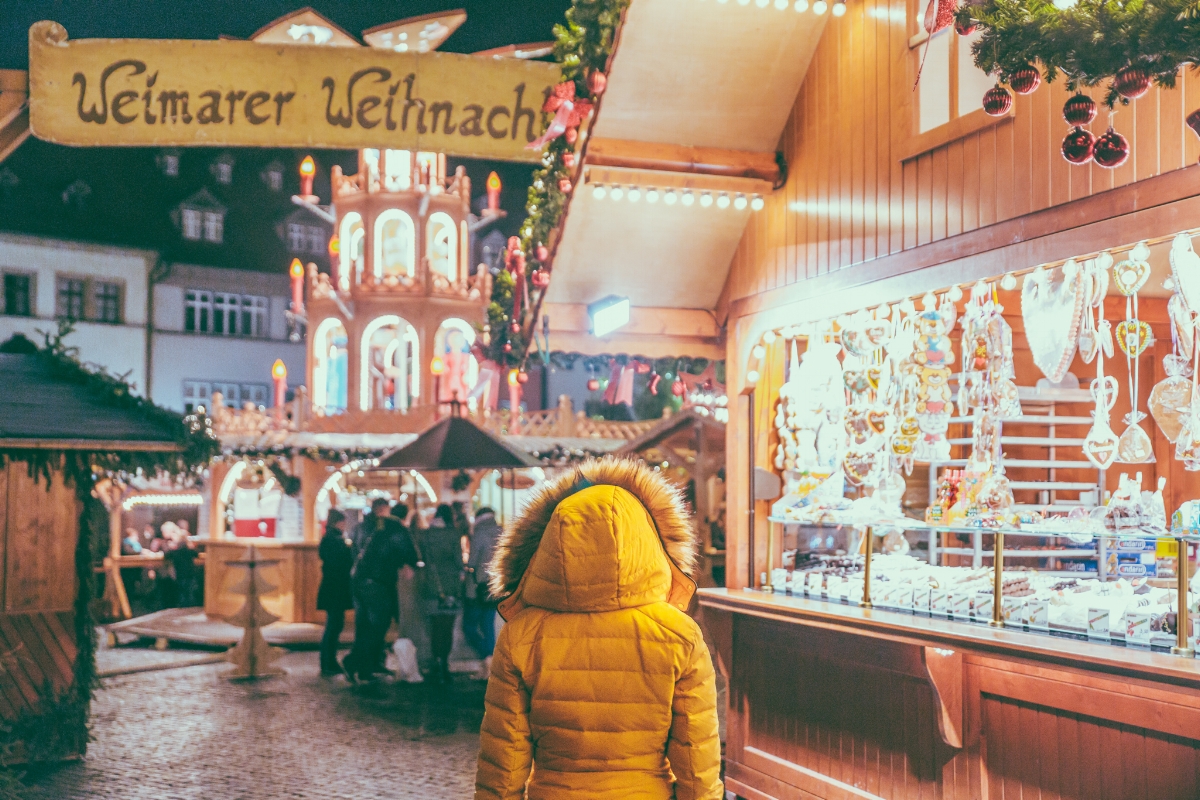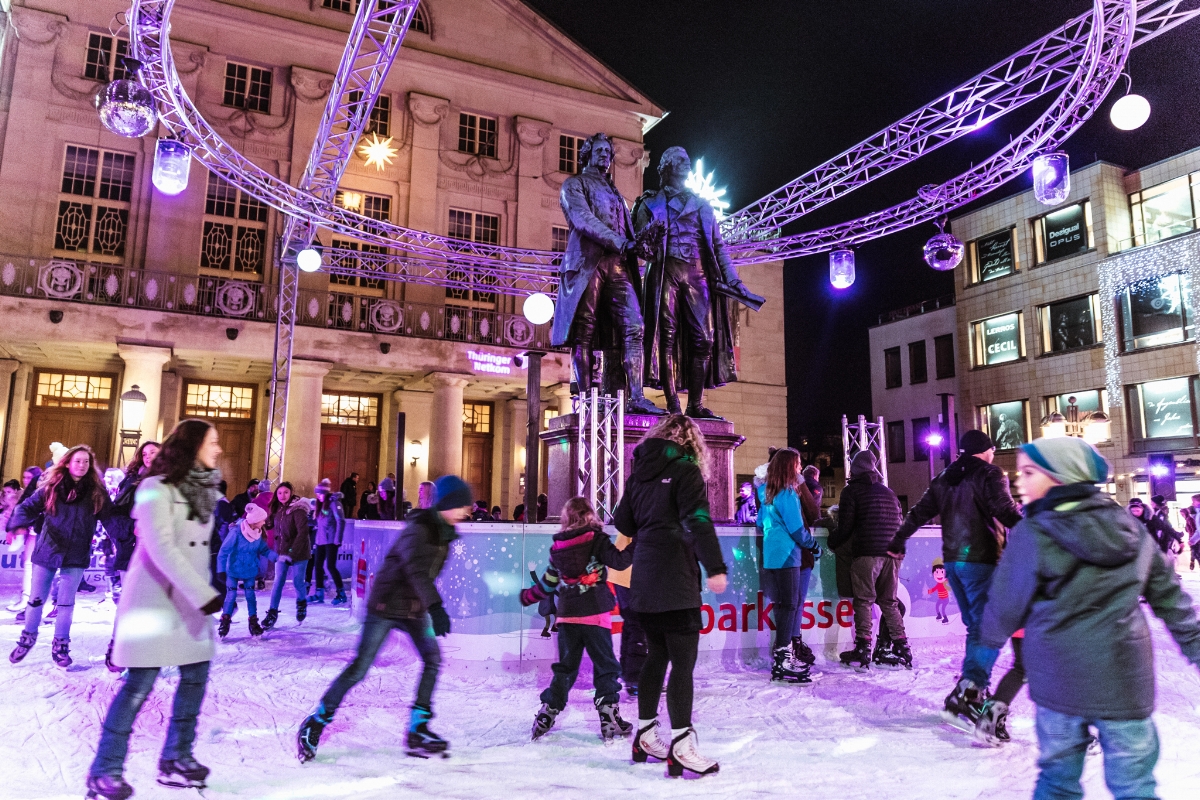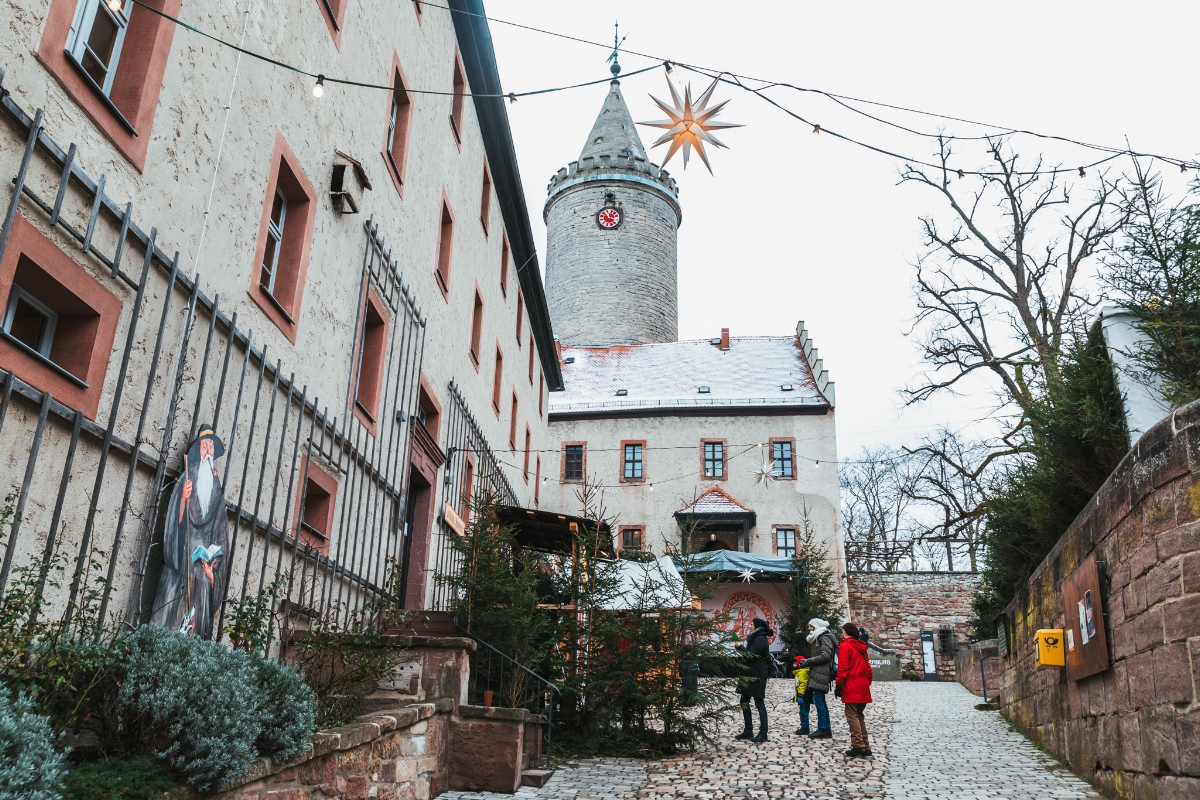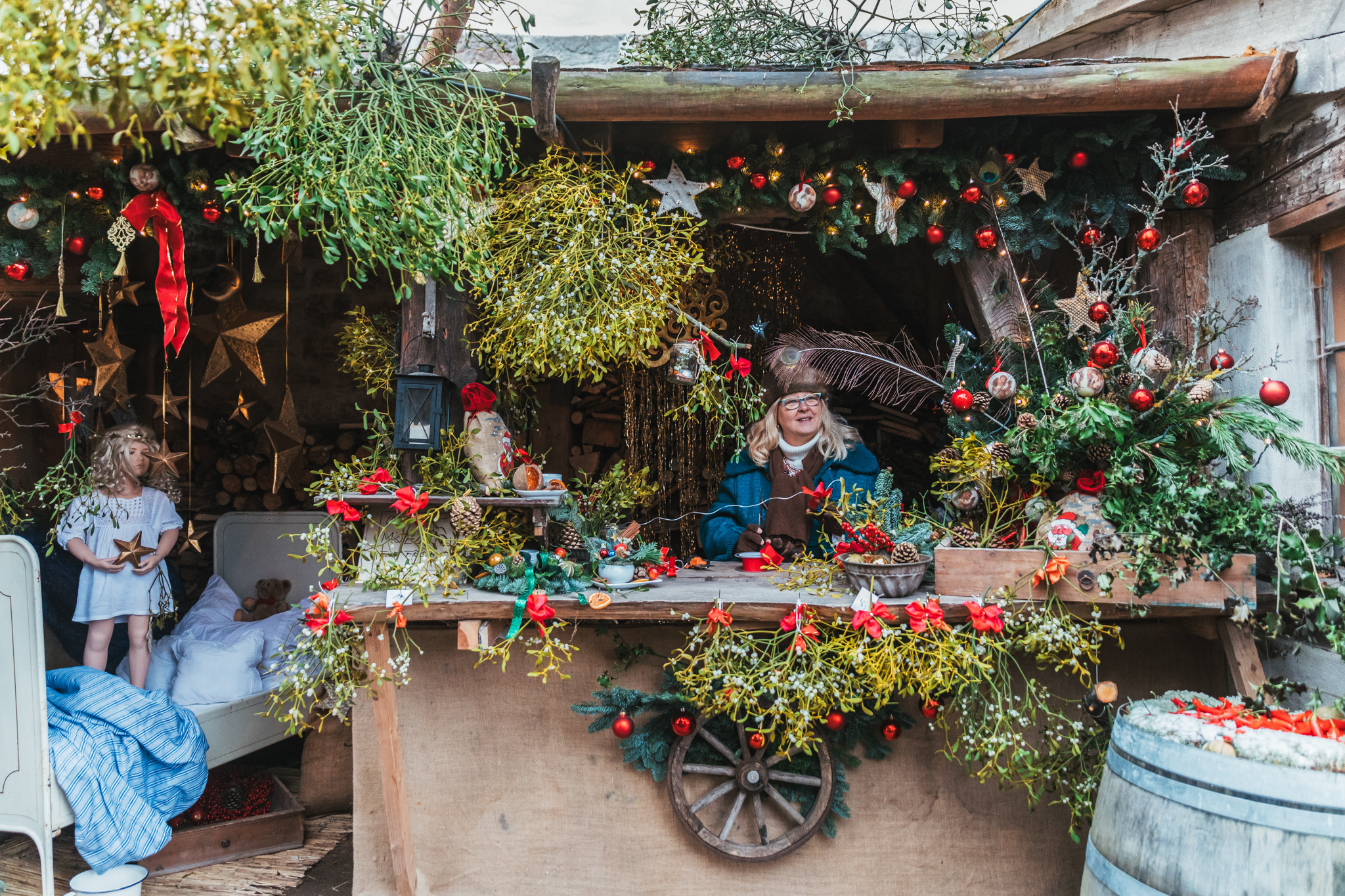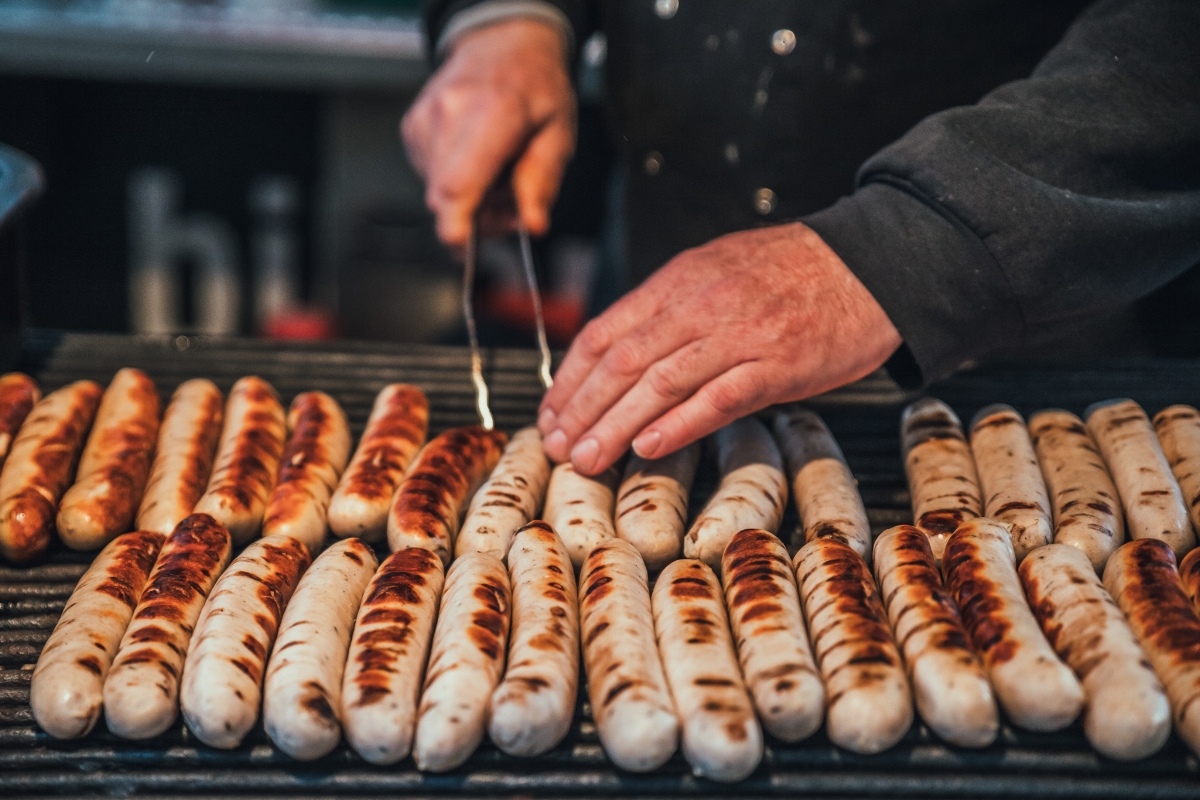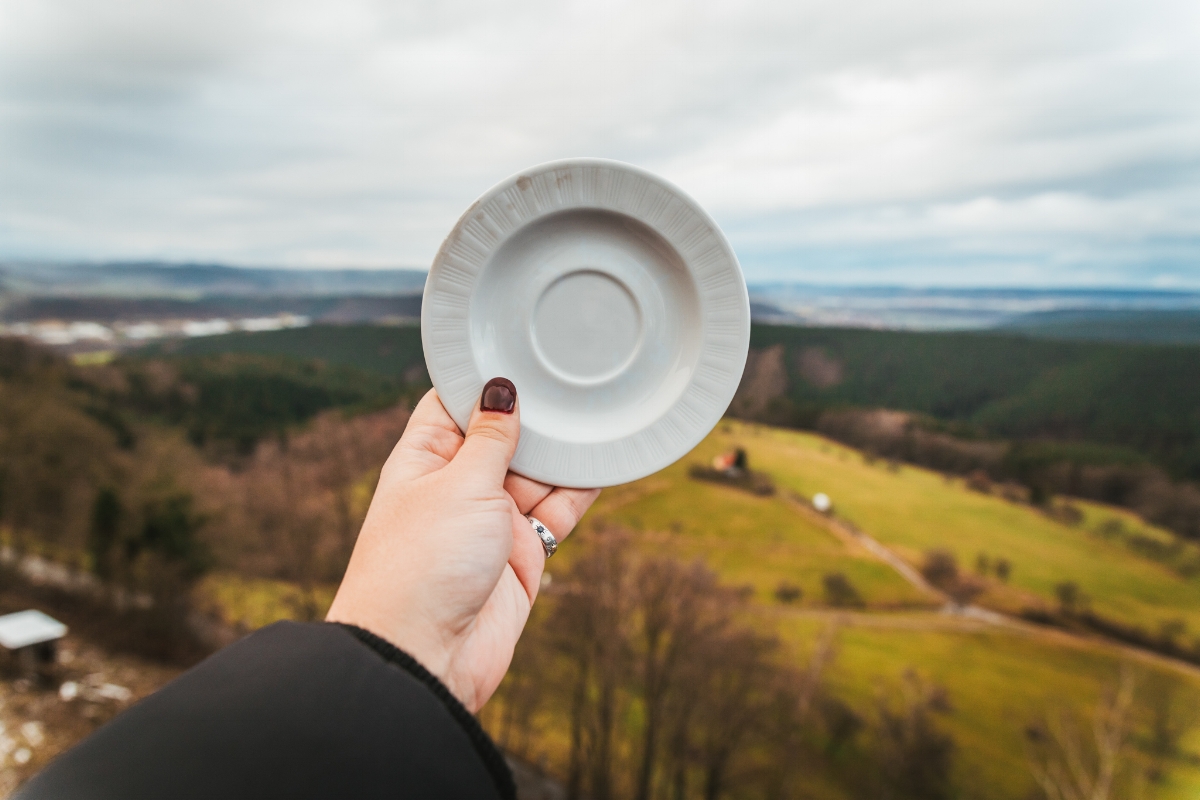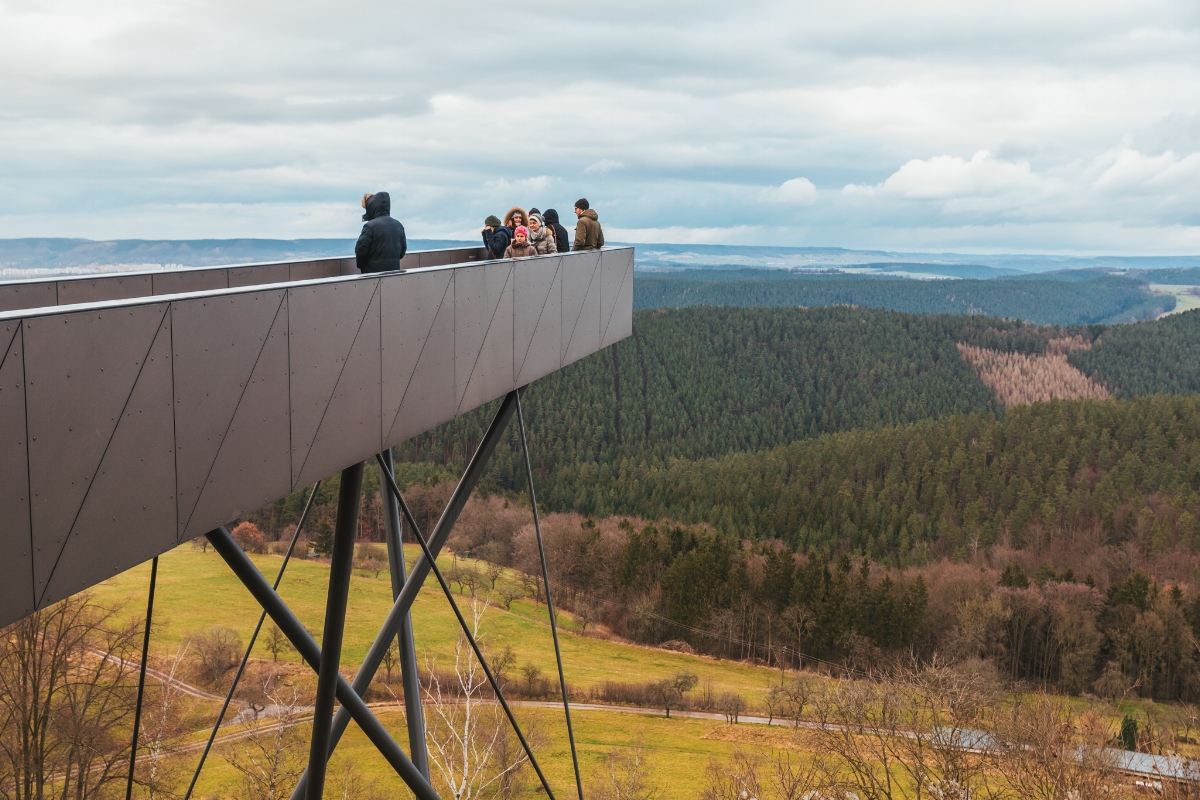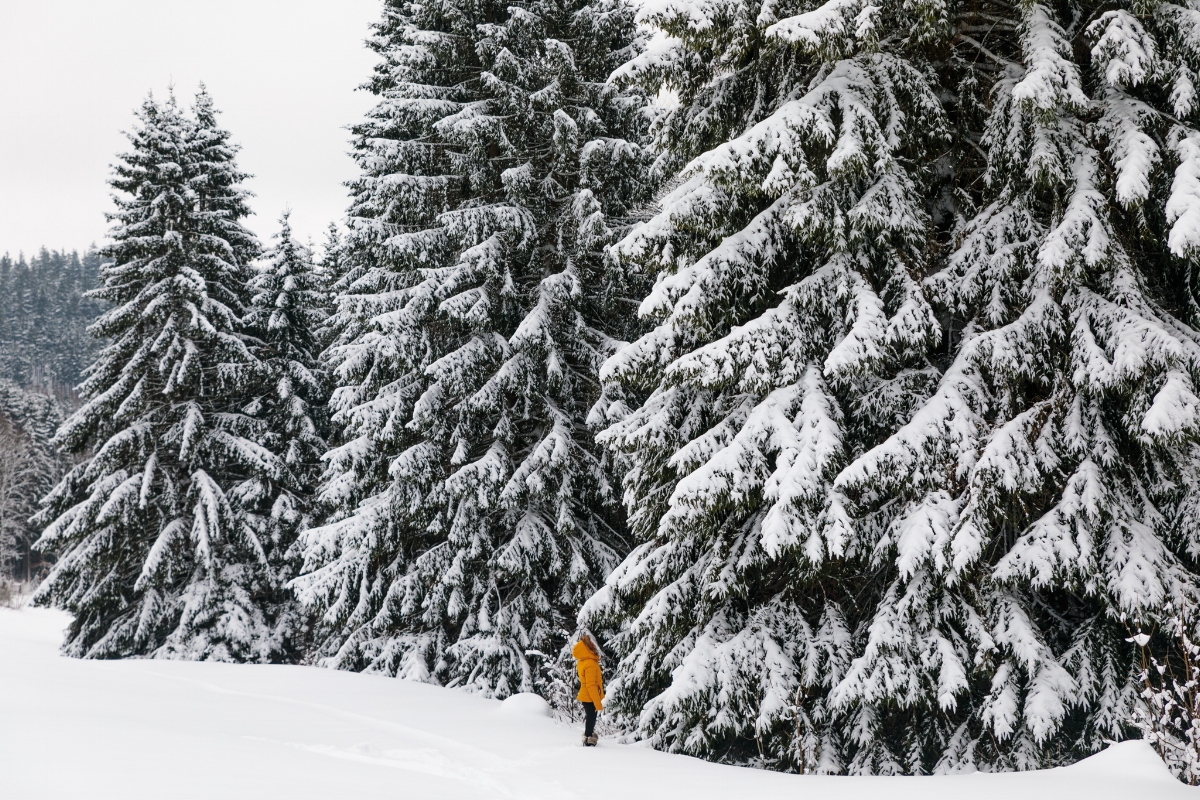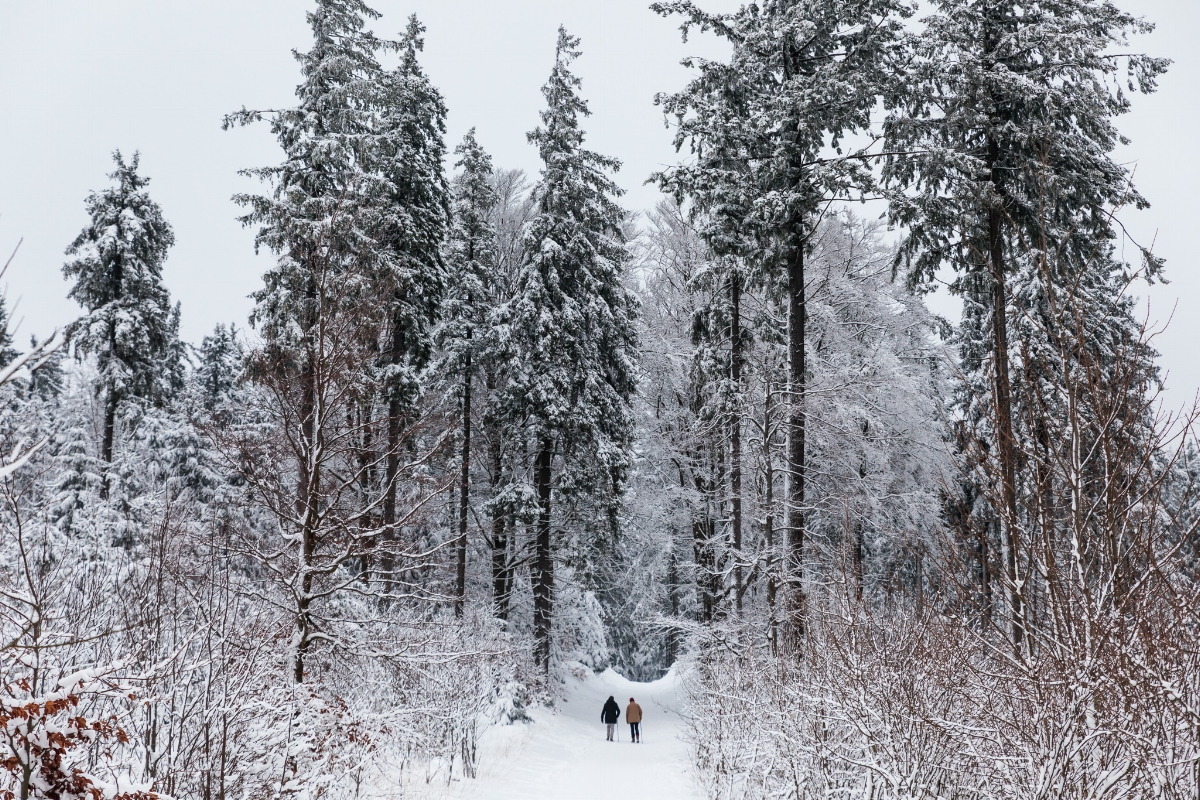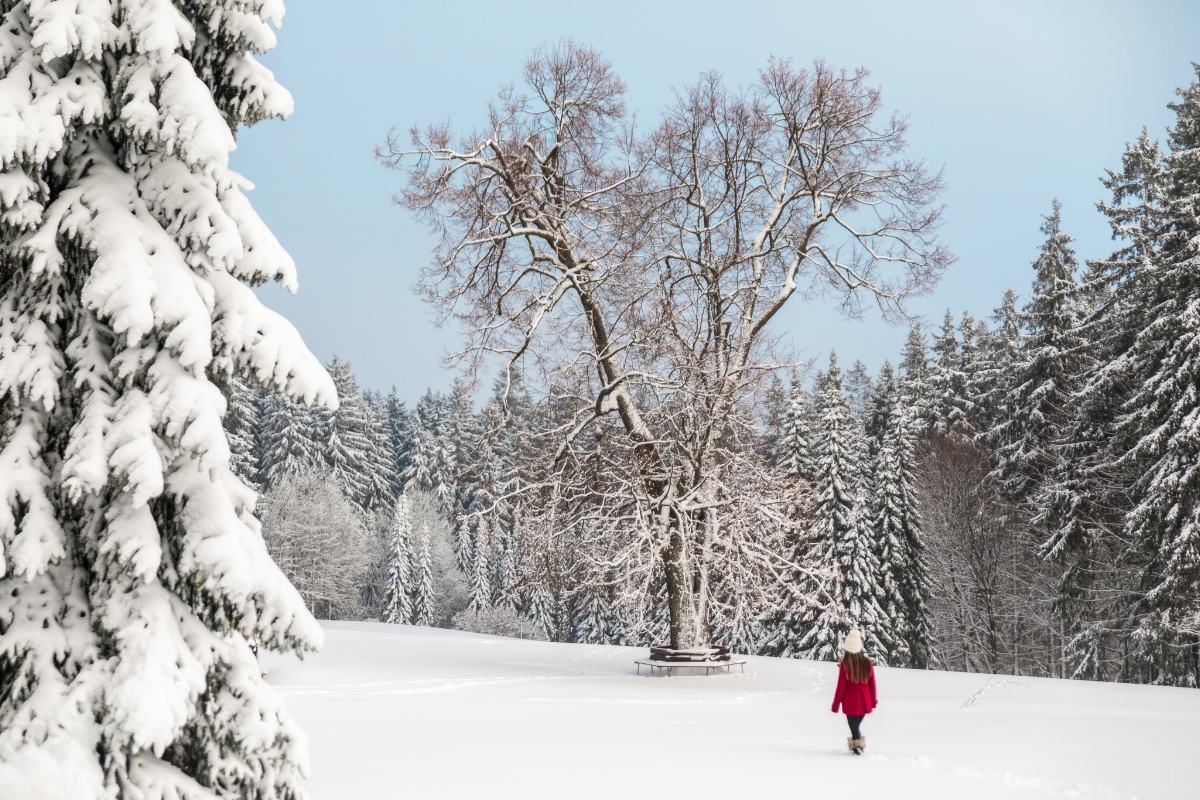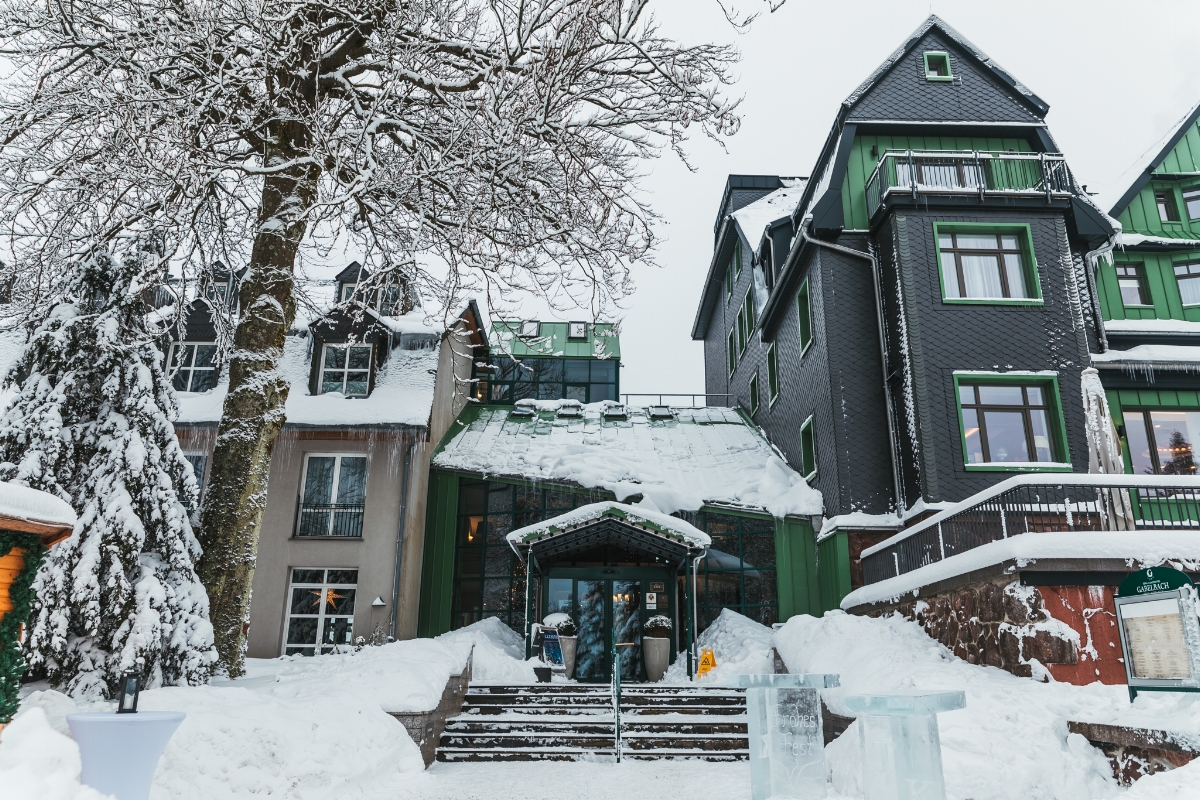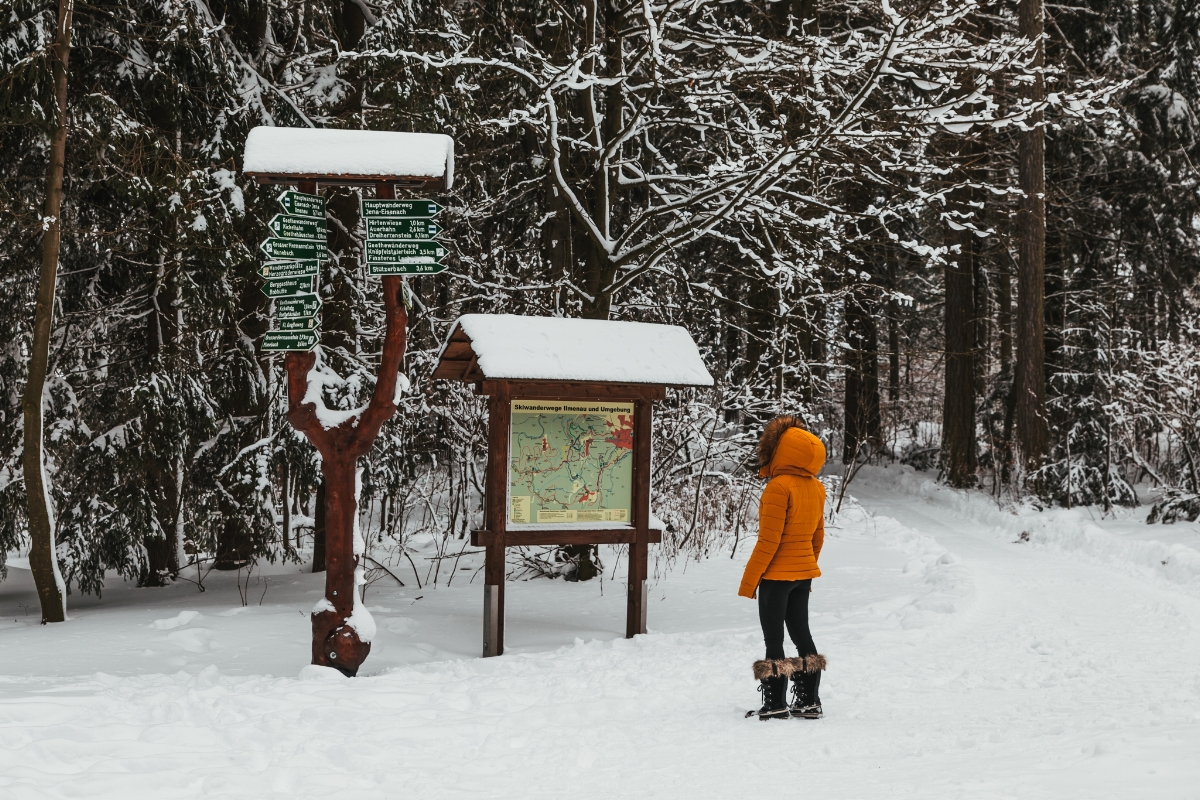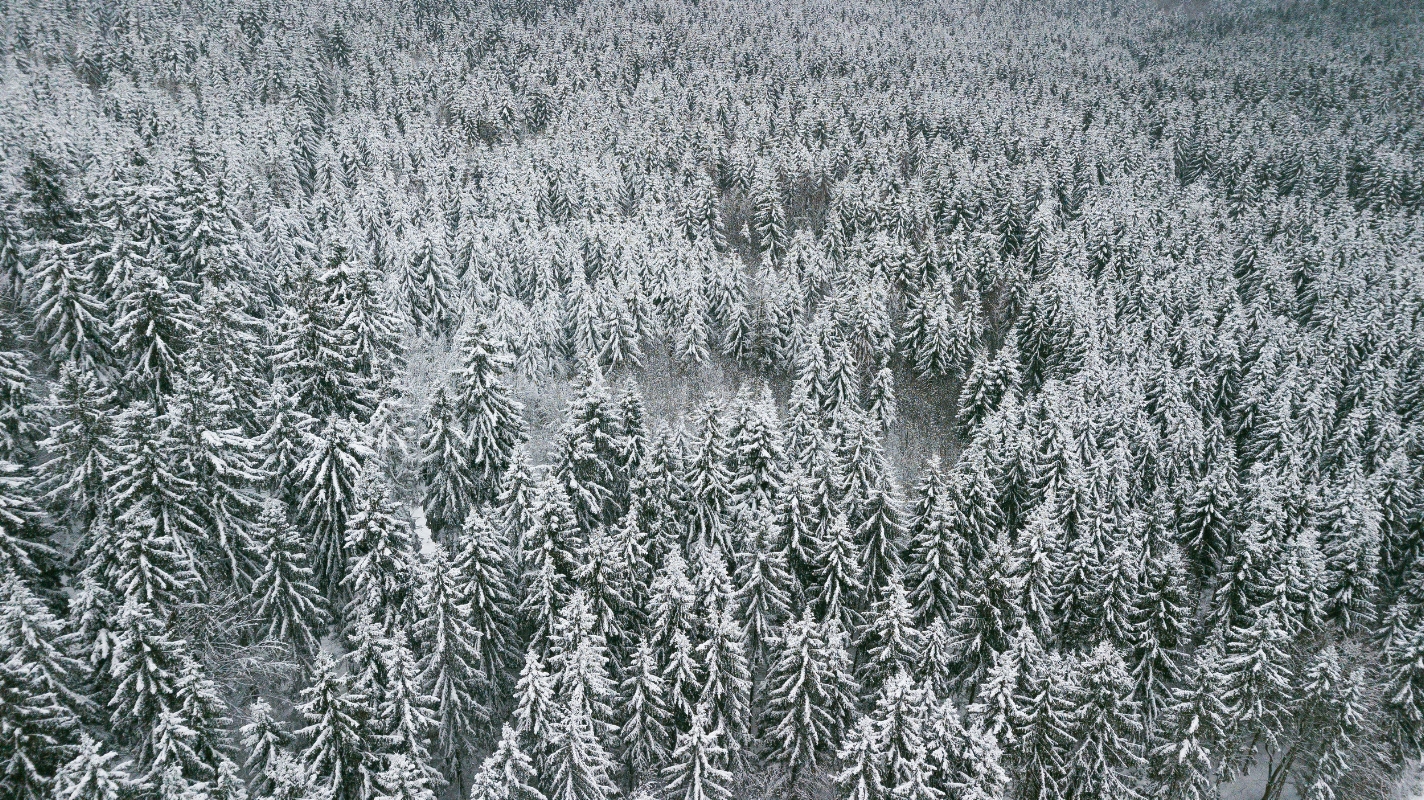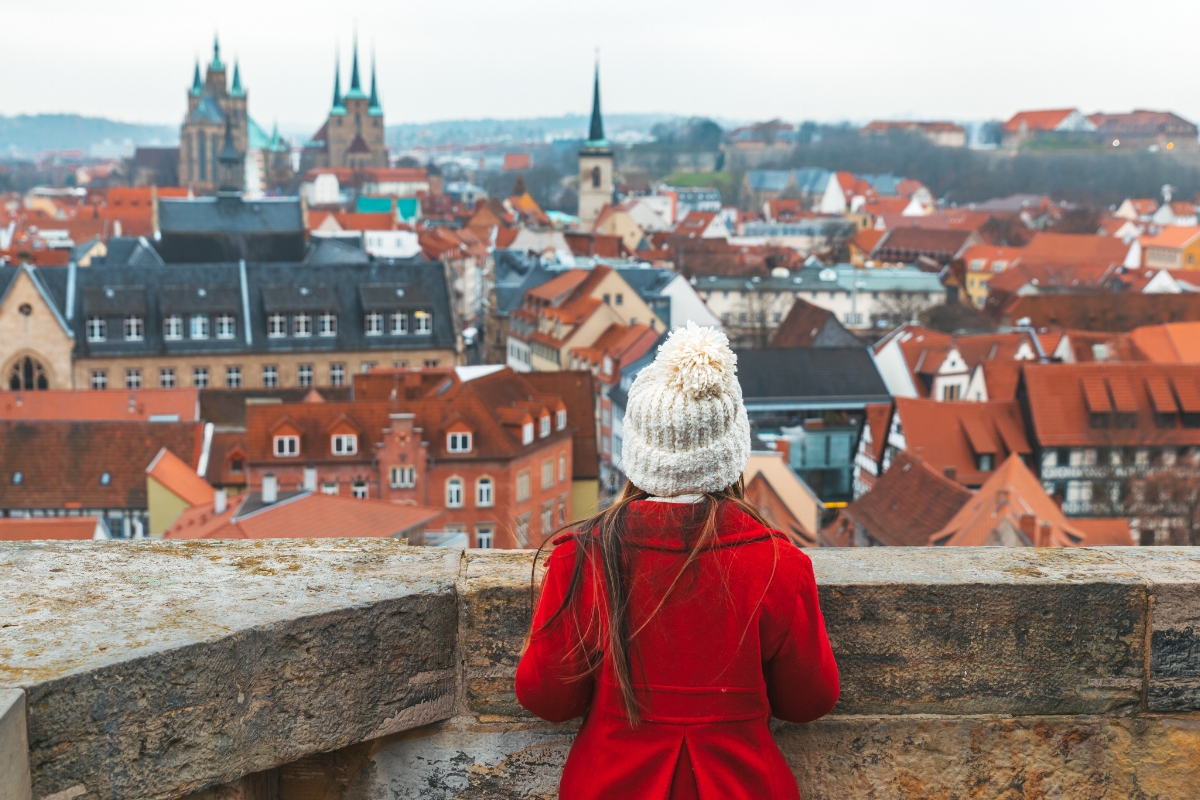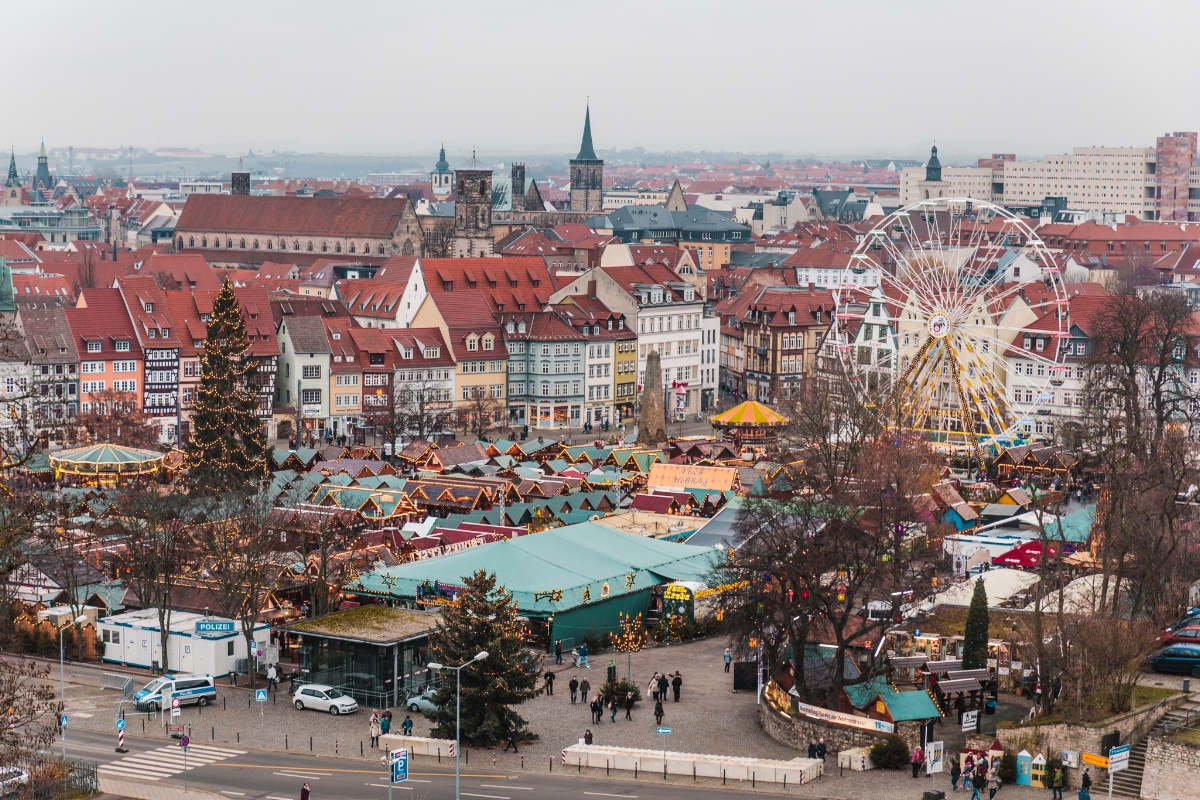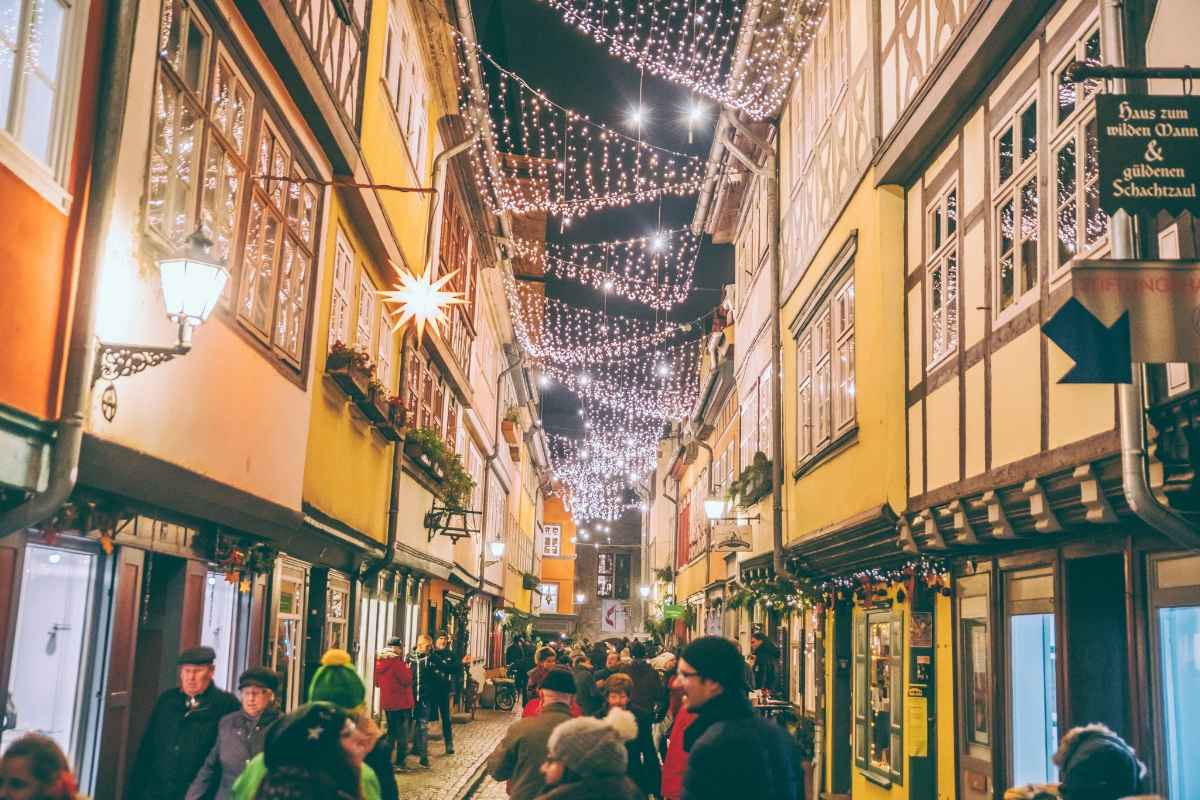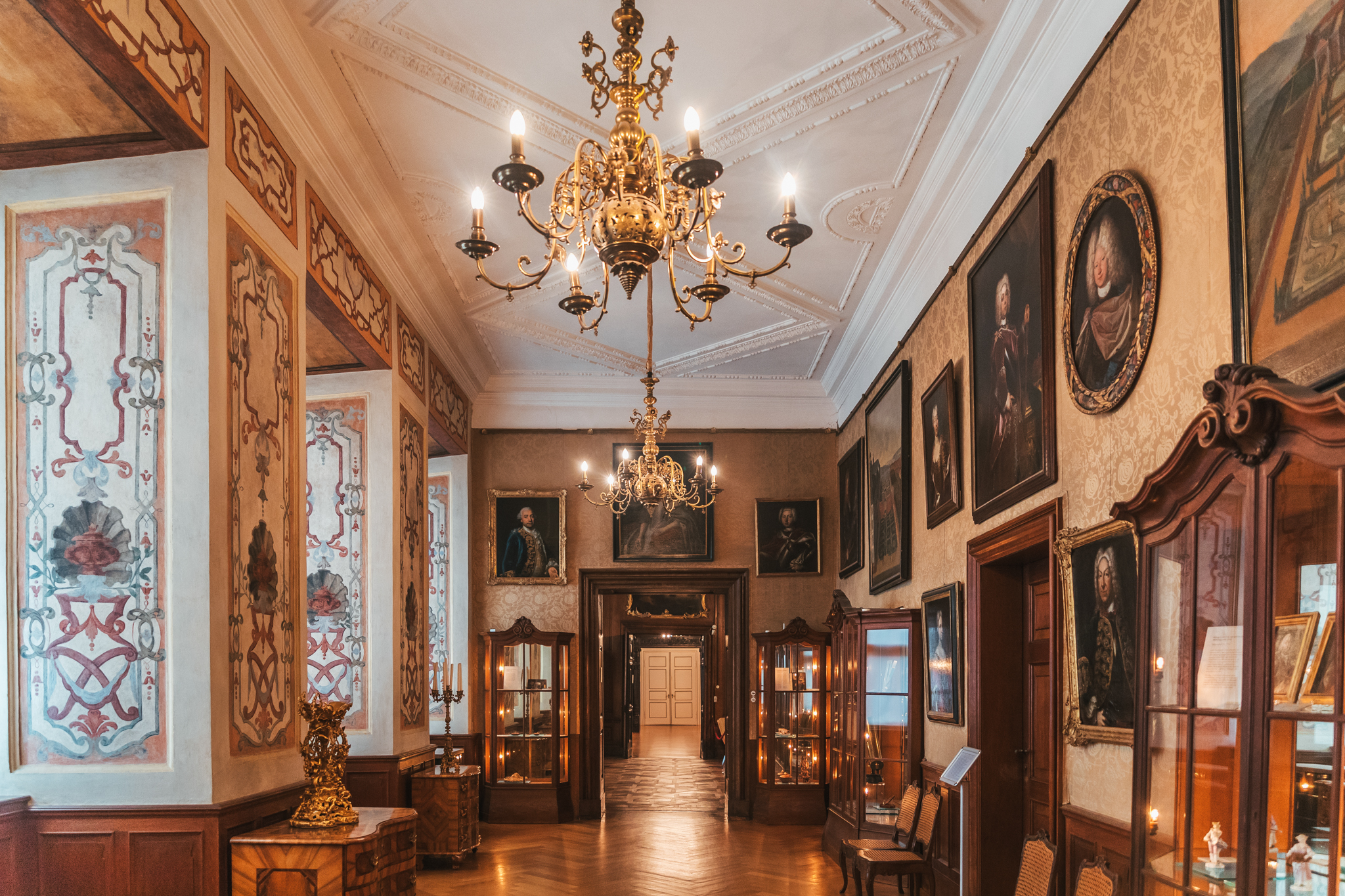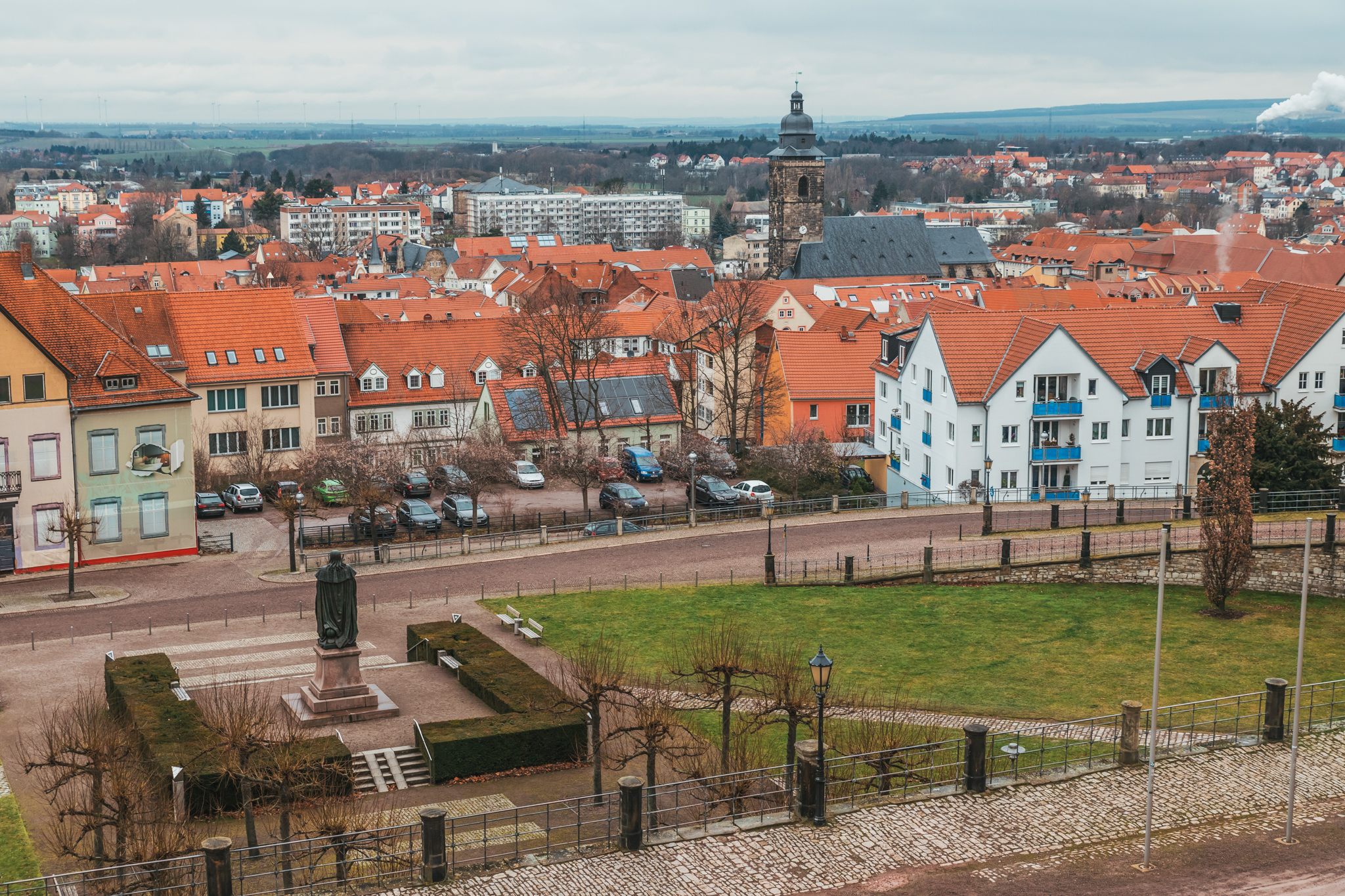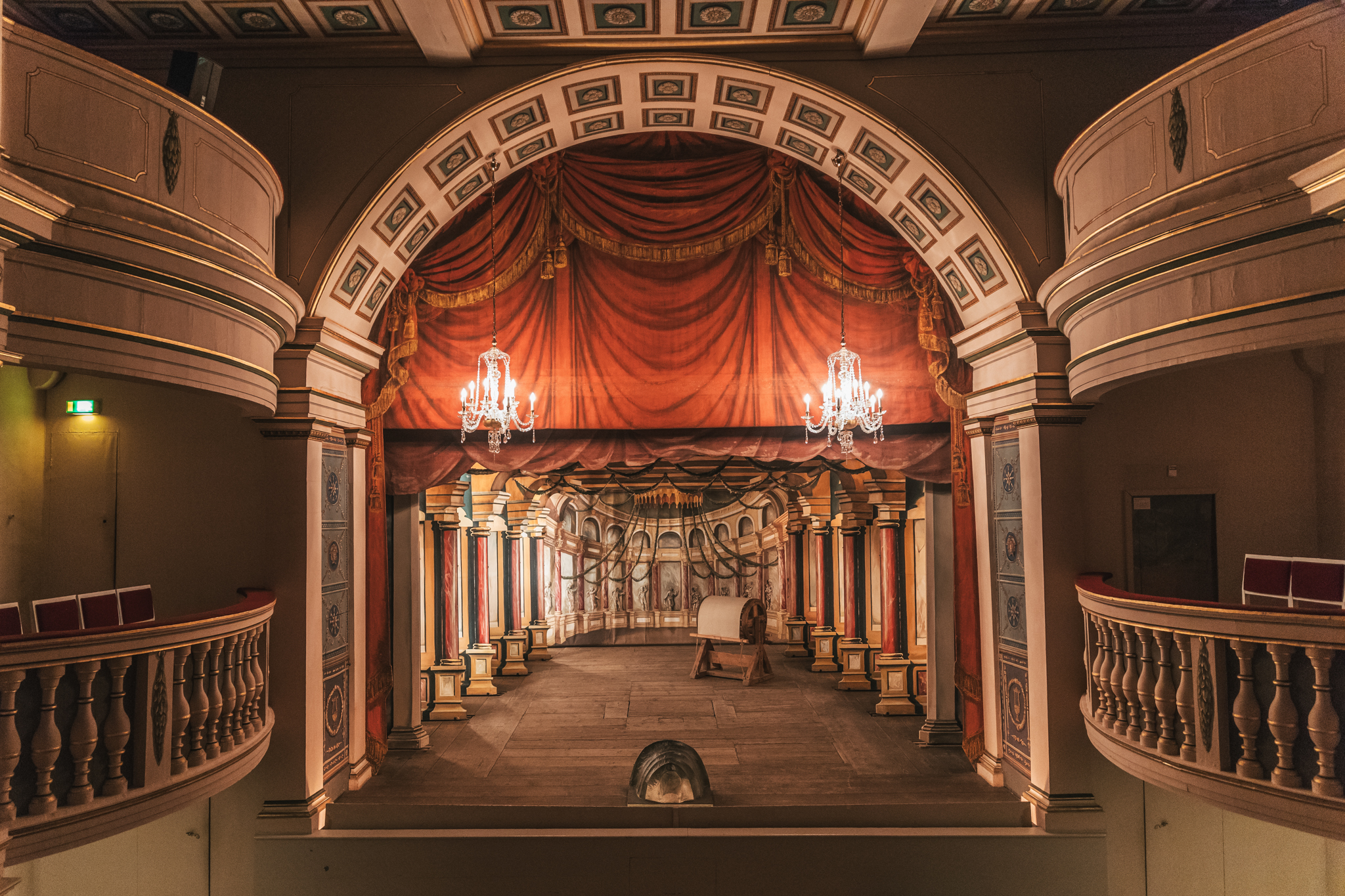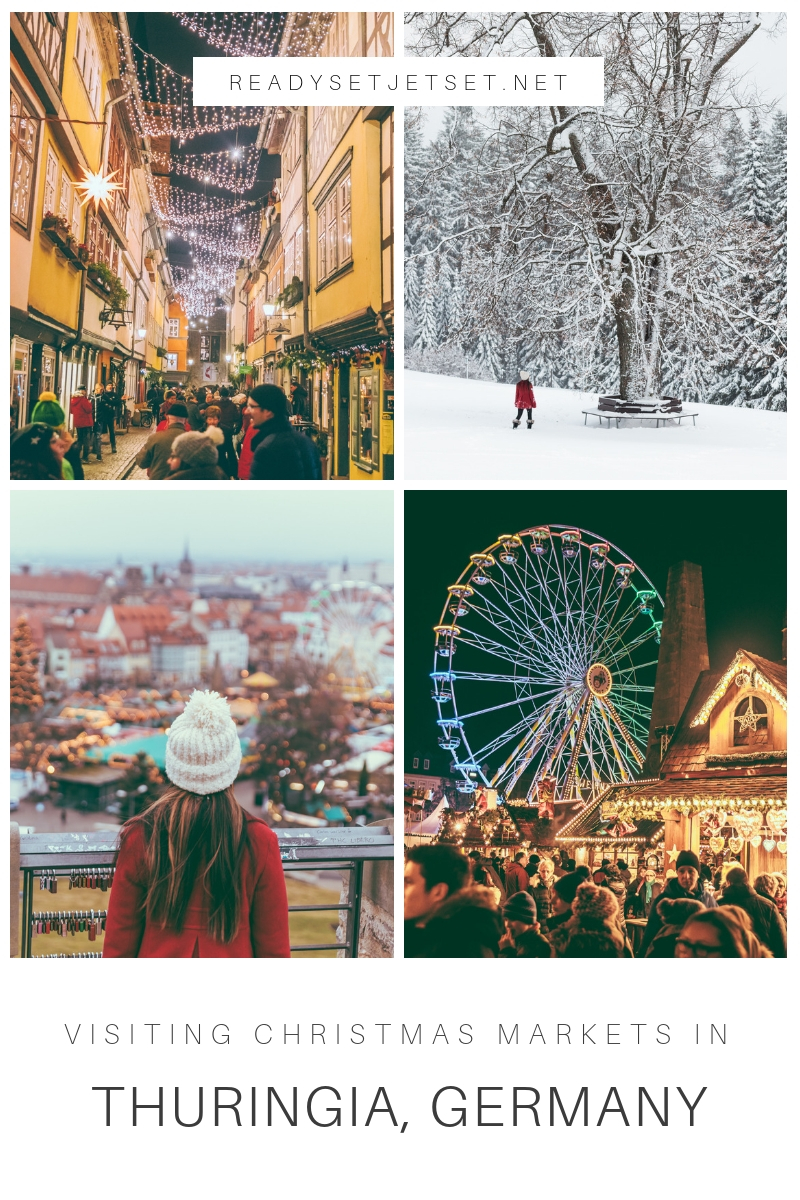Though I’ve traveled Europe pretty extensively over the last few years, one thing I’ve never managed to do is visit a Christmas market. I’ve mostly spent my time in Europe in summer (and sometimes the autumn), mostly to maximize daylight hours for sightseeing, so it hadn’t happened yet. When the opportunity came up to explore the Thuringia region in Germany with Jane of A Taste of Koko right before Christmas, I jumped at the chance!
Disclaimer: This post is a paid collaboration with Germany Tourism and Visit Thuringia. As always, all opinions are my own.
I admit, before this trip I had never heard of Thuringia. I’ve been to the castles of Bavaria, and to the big cities like Berlin, but places like Erfurt and Weimar and the Thuringian Forest had never crossed my radar. But that, my friends, is why I’m so glad I get to do what I do. I get to explore places I might not ever have made it to otherwise and see just how wonderful they are. And Thuringia really is wonderful.
Table of Contents
Weimar
Day one of our trip consisted of making our way to the city of Weimar from the Frankfurt airport. It’s about a 3-hour train ride from Frankfurt, and you can conveniently go directly from Frankfurt Airport to Erfurt by train with no connections.
Another option would be to rent a car. Driving in Germany is pretty painless. Everyone I saw was a great driver, and the roads are very well maintained. I wish people in America drove like the Germans do!
Unfortunately, because of flight delays we made it to Weimar several hours later than we initially planned, so we could not explore the city during the daylight. However, we took a nighttime walking tour, learning all about the city’s history.
Weimar was the Culture Capital of Europe in 1999 – a huge honor that brought in thousands of tourists. The city’s main attractions include the Herzogin Anna Amalia Bibliothek (a very famous library that requires booking in advance to visit), Schloss und Park Belvedere, Goethe National Museum, and the Bauhaus Museum.
Overall, Weimar is most famous for its rich history and UNESCO World Heritage sites. The city has had some very famous residents in its years, including Johann Wolfgang von Goethe, Johann Sebastian Bach, and Franz Liszt, to name just a few, and many visit the city because of its connections to Martin Luther, who visited Weimar several times.
Beyond that, though, in the winter time, the city is taken over by Christmas markets all over the city. After our walking tour, we visited our first Christmas Market of the trip in Weimar’s town square. I think my favorite thing to do at the markets was try all of the different foods, from stollen (German Christmas Bread) to Thuringian sausages.
Leuchtenberg Castle
Our first full day of our trip saw us making a drive out to Leuchtenberg Castle, also known as the “Queen of the Saale Valley”.
On the weekends in winter, the castle hosts its own Christmas market. While it may not be as big as the ones in the cities, I loved this market the most, as it felt the most old-fashioned.
This was how I always imagined a Christmas market to be, with a lady making mistletoes in one booth, a man carving wood in another, and one stall featuring metalwork in action. It was a completely different feel to the markets of the cities.
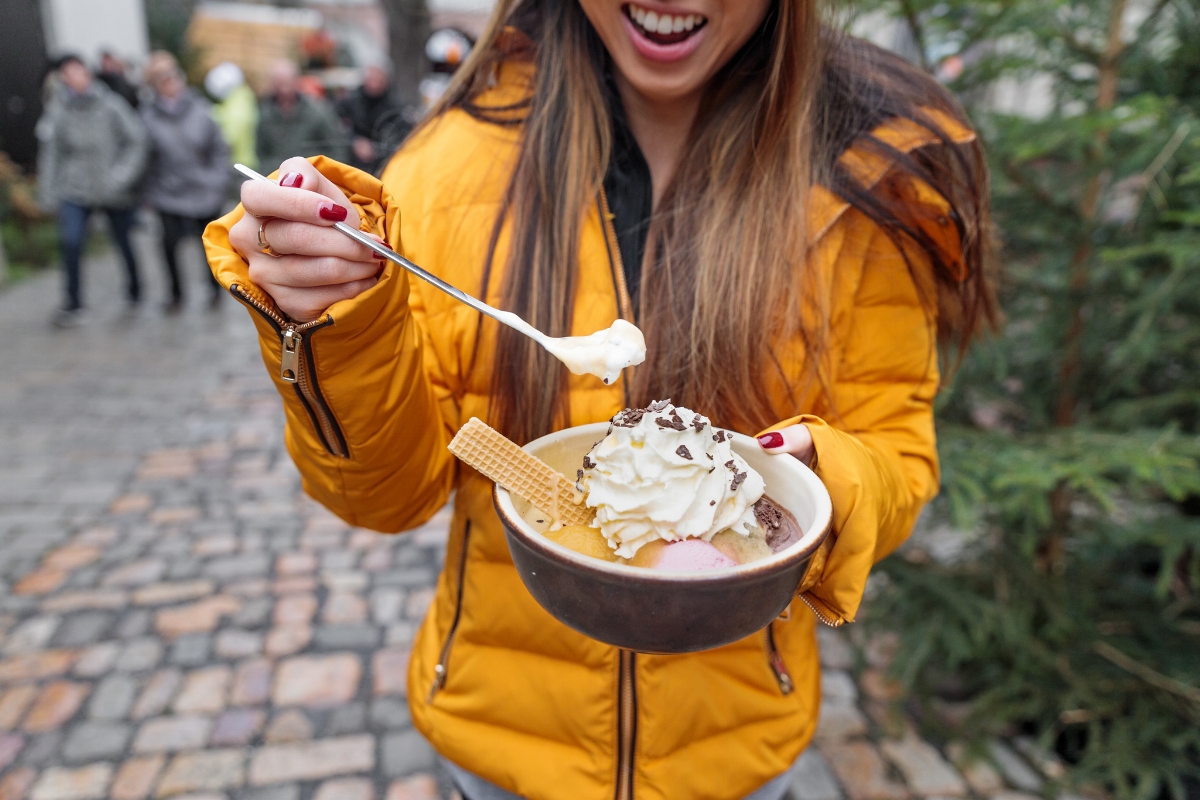
Apple sauce and ice cream?! It’s a thing here in Thuringia.
Beyond the medieval history of the castle and torture chambers (fun fact: in 1920, it became the first youth hostel in Thuringia until it closed in the 1990s!), Leuchtenberg Castle is also a very interesting place to visit because of its large exhibit on the history of porcelain.
From its origin in China to its introduction to the European upper classes to it becoming a common household item, the Porcelain Worlds exhibit is a very thorough exploration into its history. They have interactive exhibits, like the alchemy room where you can guess the formula for porcelain, and items such as the world’s smallest working porcelain teapot (it’s very, very small).
My favorite part of the whole museum though was the end, where you write a wish in UV light on a porcelain plate and then smash it by dropping it off the “Skywalk of Wishes”. This comes from an old tradition that broken crockery brings you good luck. Beyond getting to smash things, the Skywalk also has an amazing view of the Thuringian countryside!
Thuringian Forest
From Weimar, we drove to the town of Ilmenau on the edges of the Thuringian Forest. I had dreamed of this winter wonderland when I imagined visiting Germany in winter. We don’t get snow here in Austin, TX, so exploring the winter wonderland around our hotel was a magical experience.
Once we checked into Berg- und Jagdhotel Gabelbach, we had some time to walk around and enjoy the snow. The hotel had sleds and cross-country skis available for guests, but unfortunately, we didn’t have time to use them.
We did, however, get to experience the spa at the hotel. It was my first time experiencing a spa in Germany, and it was a bit different. The first 20 minutes of the treatment was spent laying on a big heating pack to relax, which I hear is common in German spas. It’s not something I’ve ever seen in the U.S., though!
Erfurt
Finally, we arrived in Erfurt, the last city stop of our trip. Erfurt is the largest city and capital of Thuringia, with a population of just over 200,000 people.
Some of the city’s main attractions include the merchant’s bridge Krämerbrücke, Erfurt Cathedral, Citadel Petersberg, and the Old Synagogue. And of course, in winter they have Christmas markets all over the city, including the main largest one next to the Erfurt Cathedral. Behind the cathedral, there is even a “medieval market” for those looking for something a little more old-fashioned.
We had one full day to explore the city, so we started by climbing over 100 steps to the top of Ägidienkirche. The church is located right next to the Krämerbrücke, so there is a perfect panoramic view of the bridge, the orange rooftops of the city, and Erfurt Cathedral in the distance. It is well worth the climb for the photo opp, as seen in the gallery below.
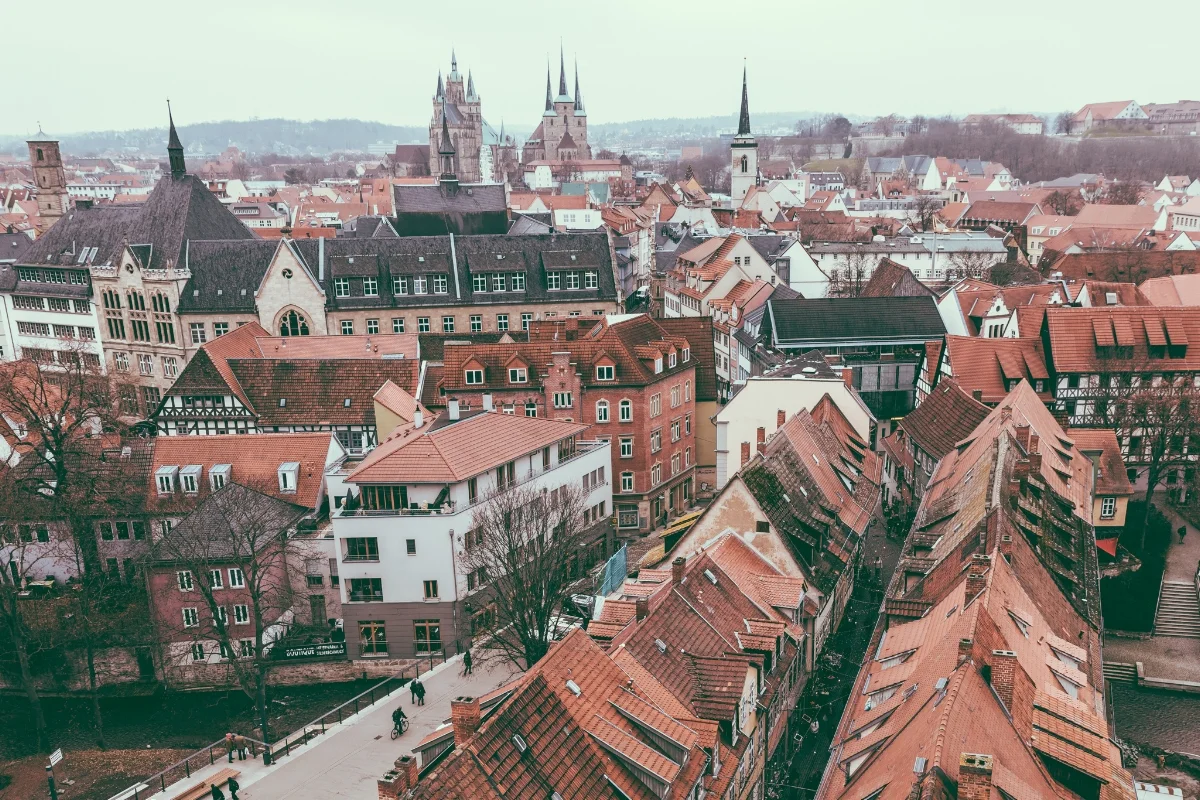
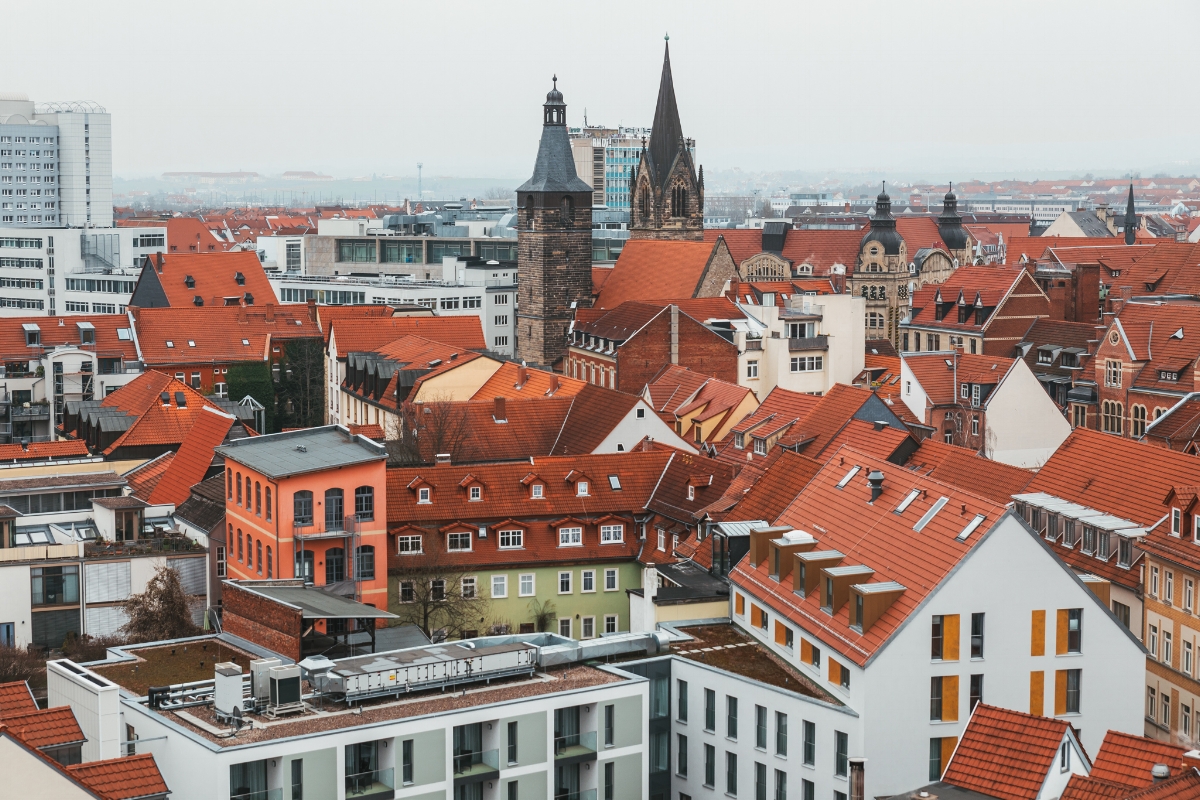
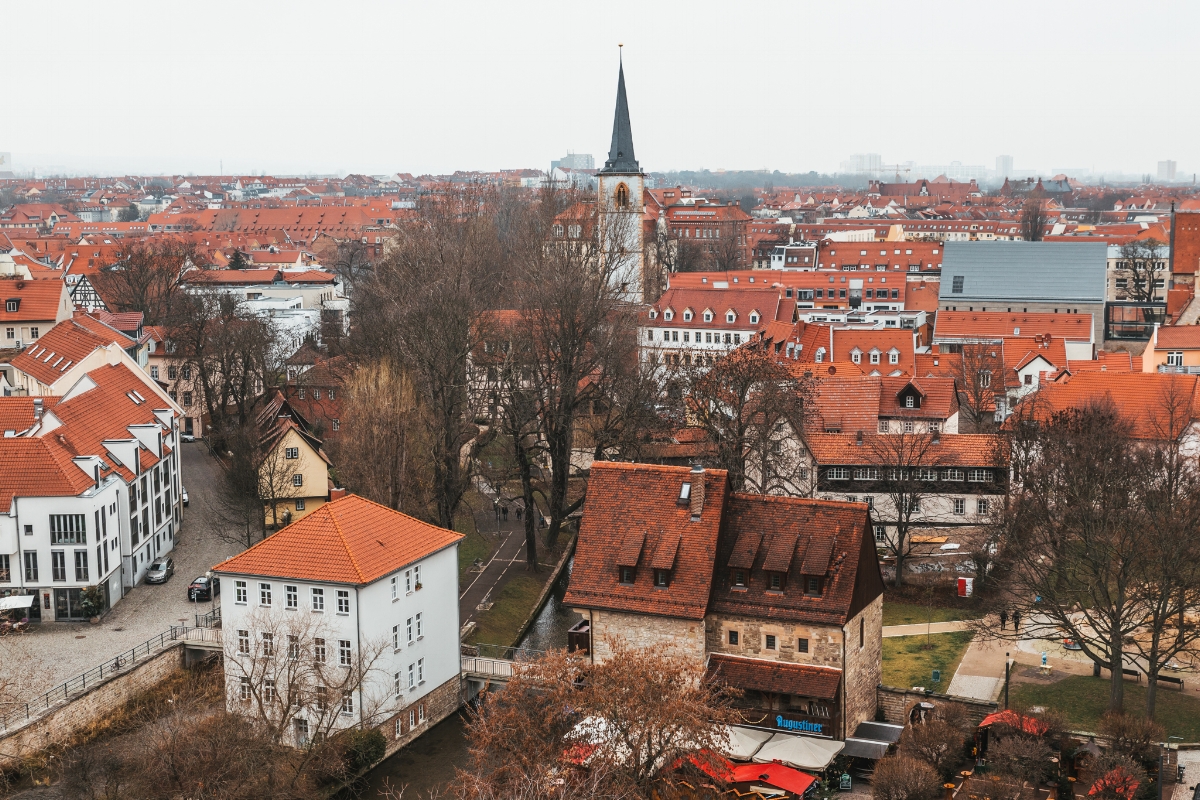
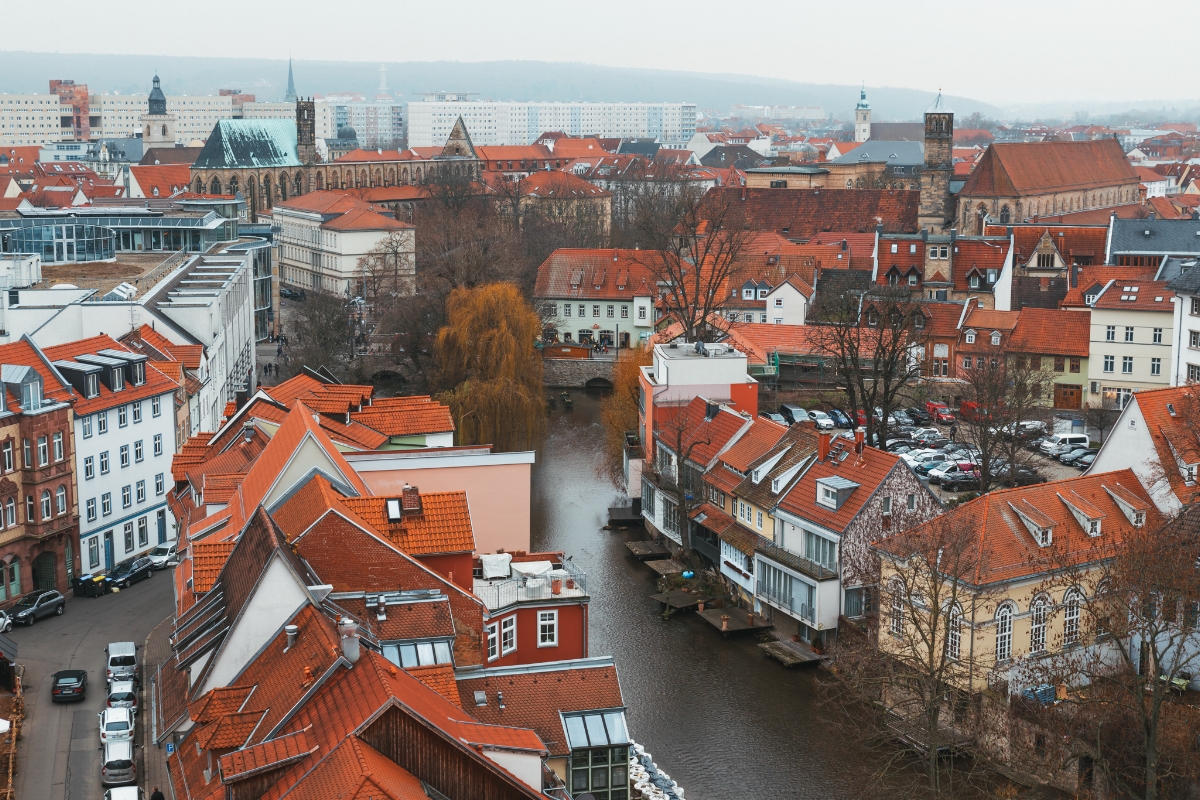
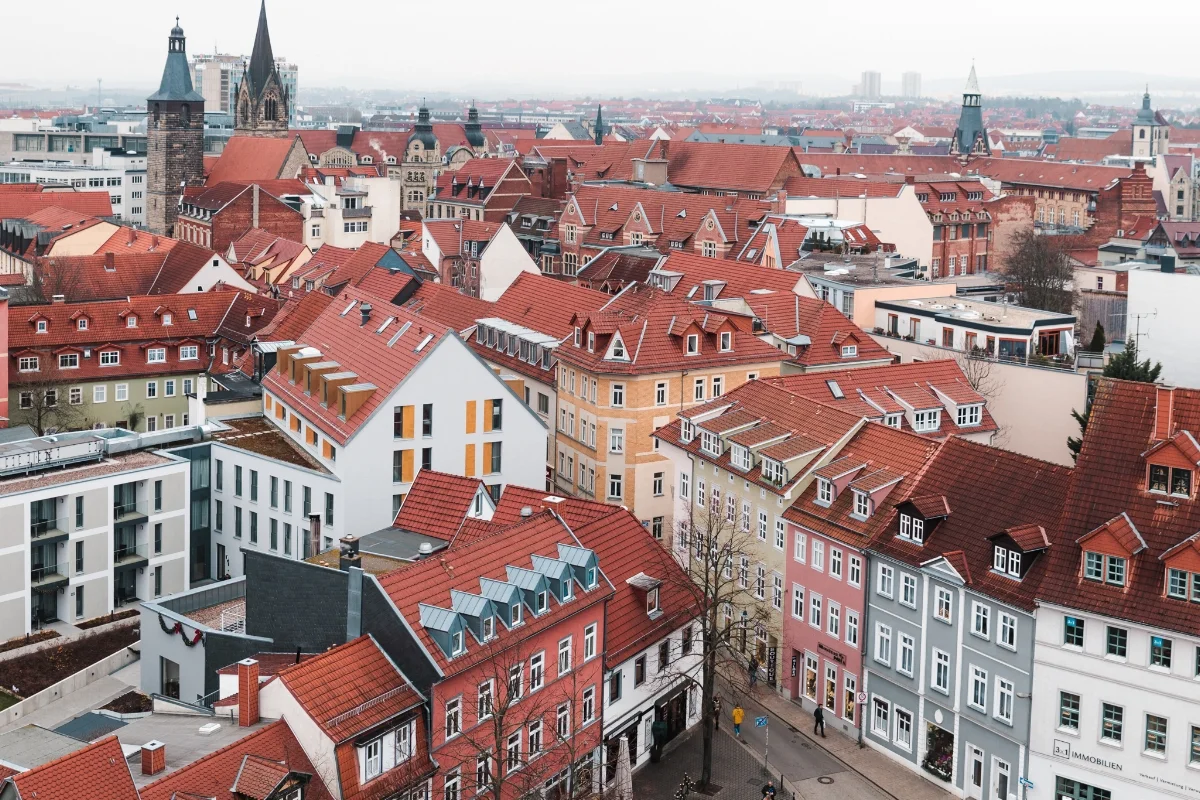
After we finished at Ägidienkirche, we headed to Citadel Petersberg for another panoramic view, this time of Erfurter Weihnachtsmarkt. The main Christmas Market of the city has plenty to see and do, from all of its food stalls, lots of shopping, and a giant ferris wheel.
Koko, being a food blogger, had to try pretty much every type of food on offer, from giant pretzels to bratwurst and currywurst to the mulled wine (which we had in Erfurter Puffbohne mugs, the mascot of the city that I can only describe as a little bean man). You can see a little bit of our highlights from the market in the gallery below.
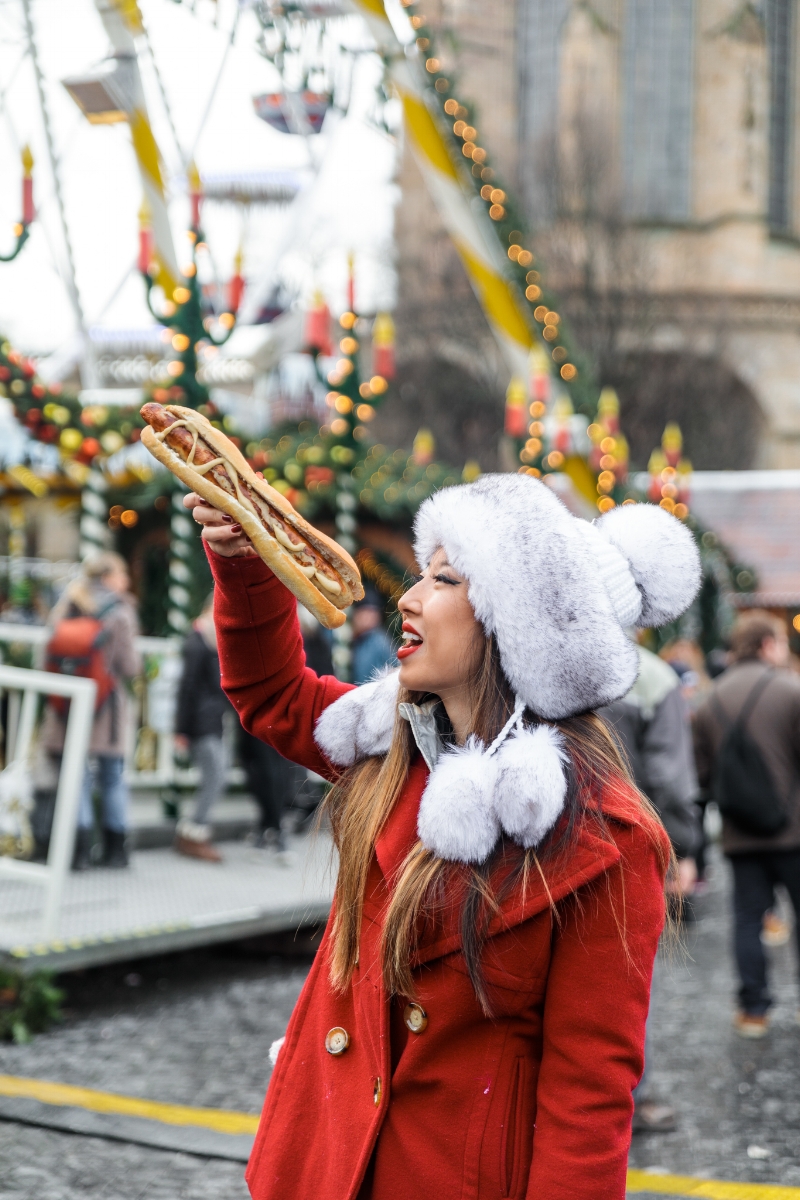
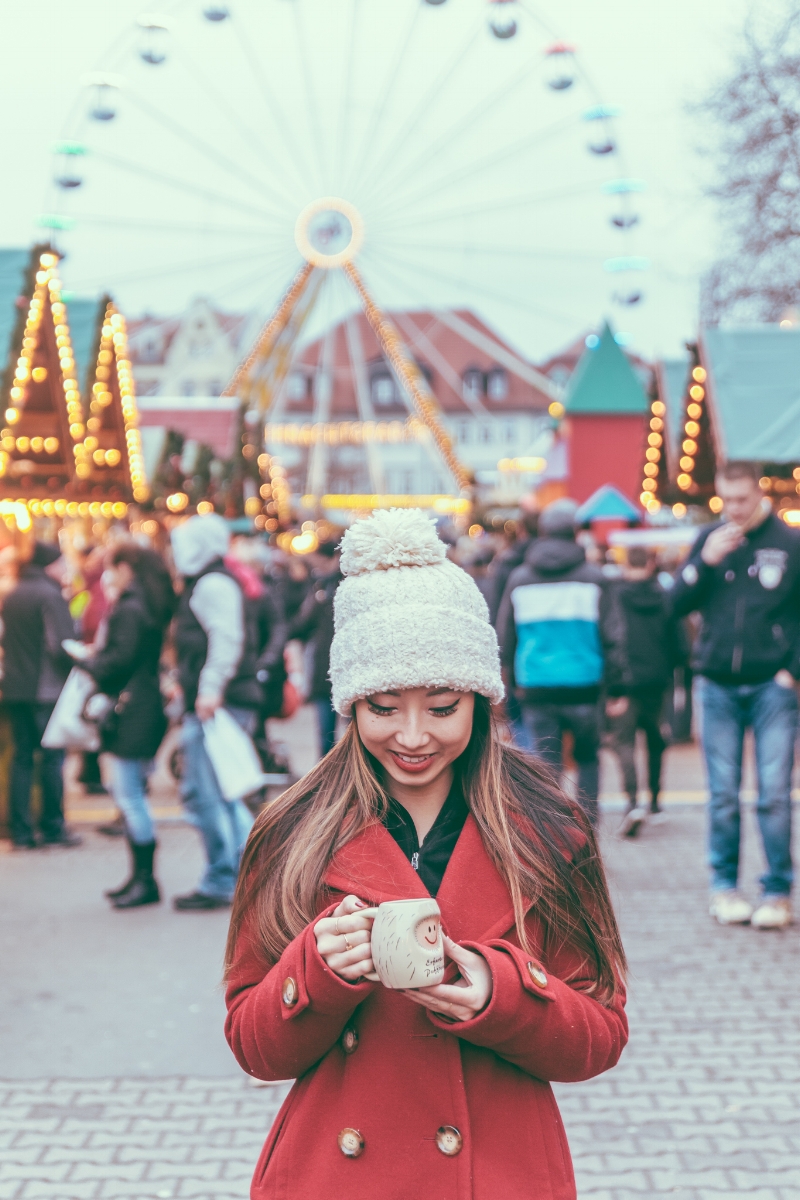
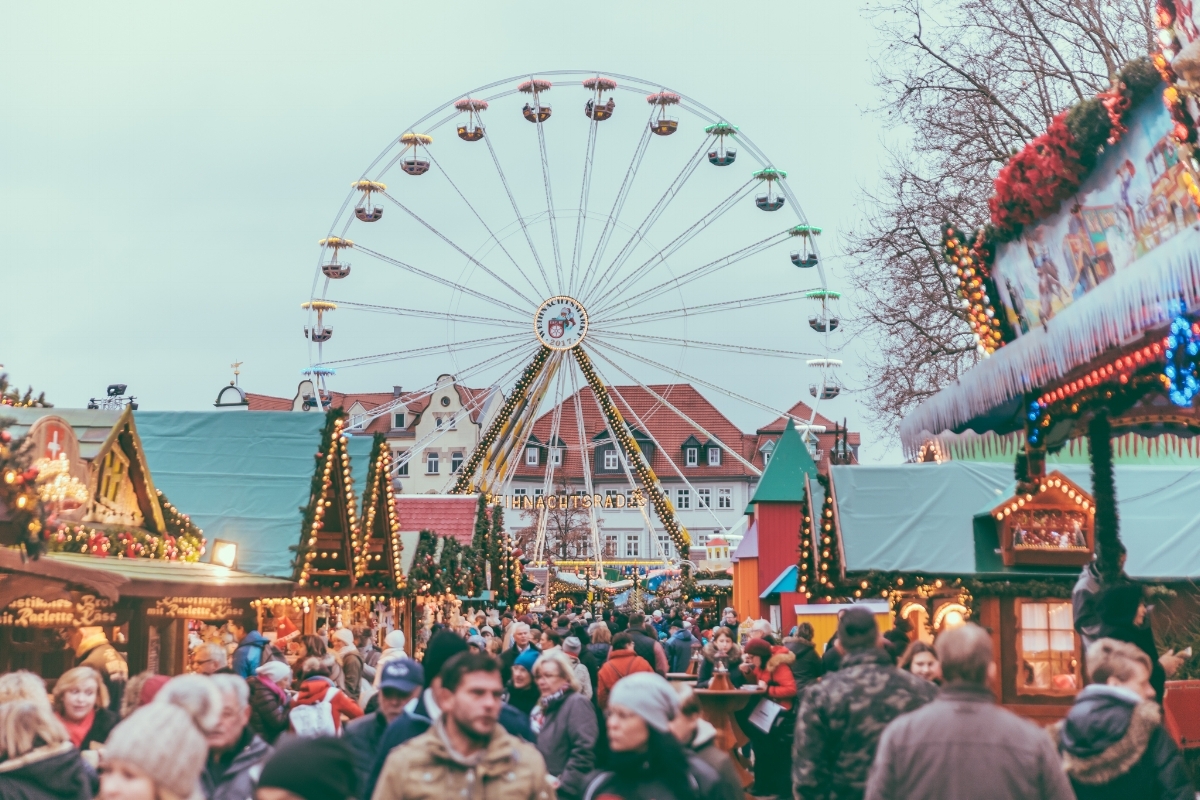
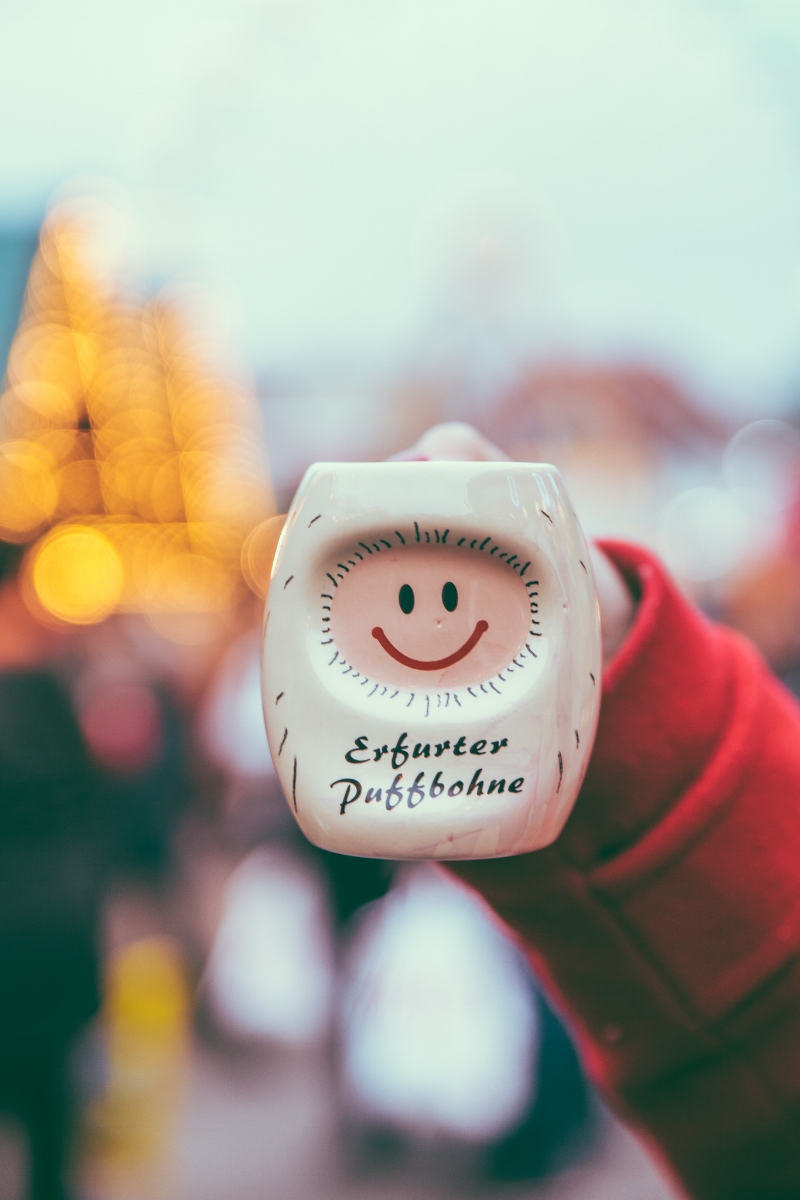
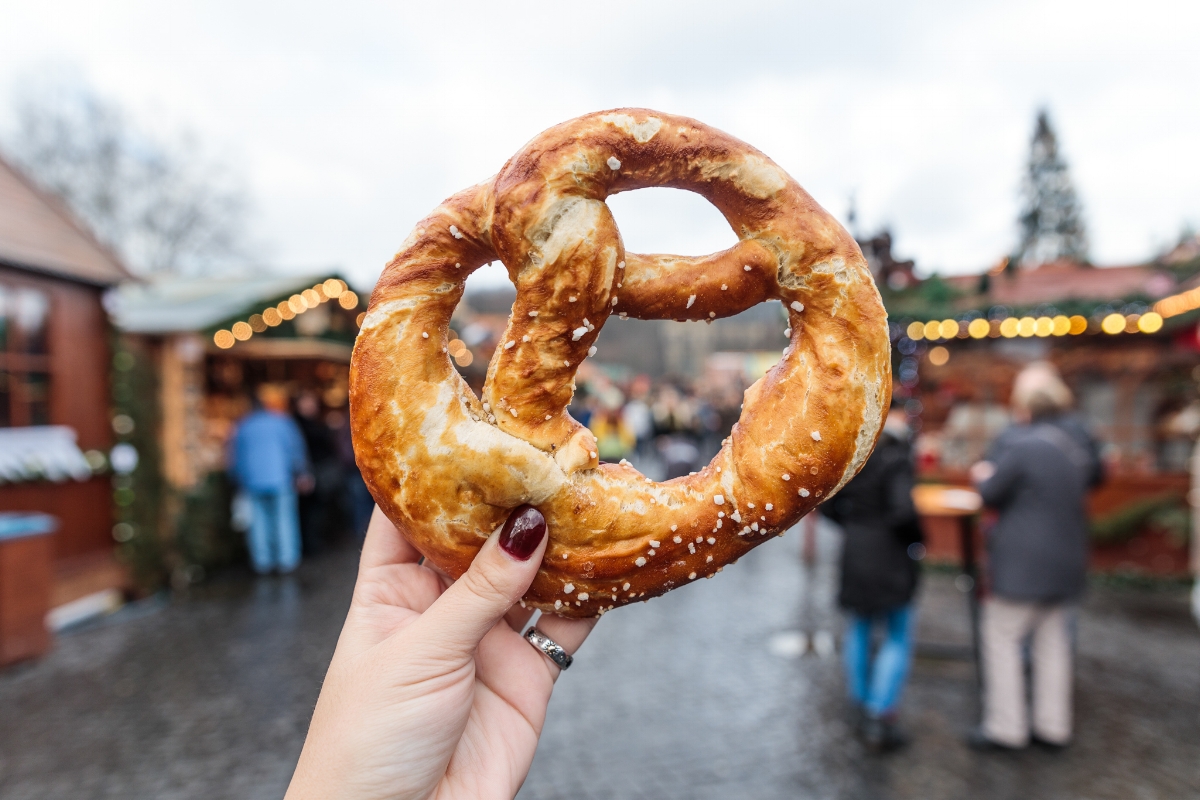
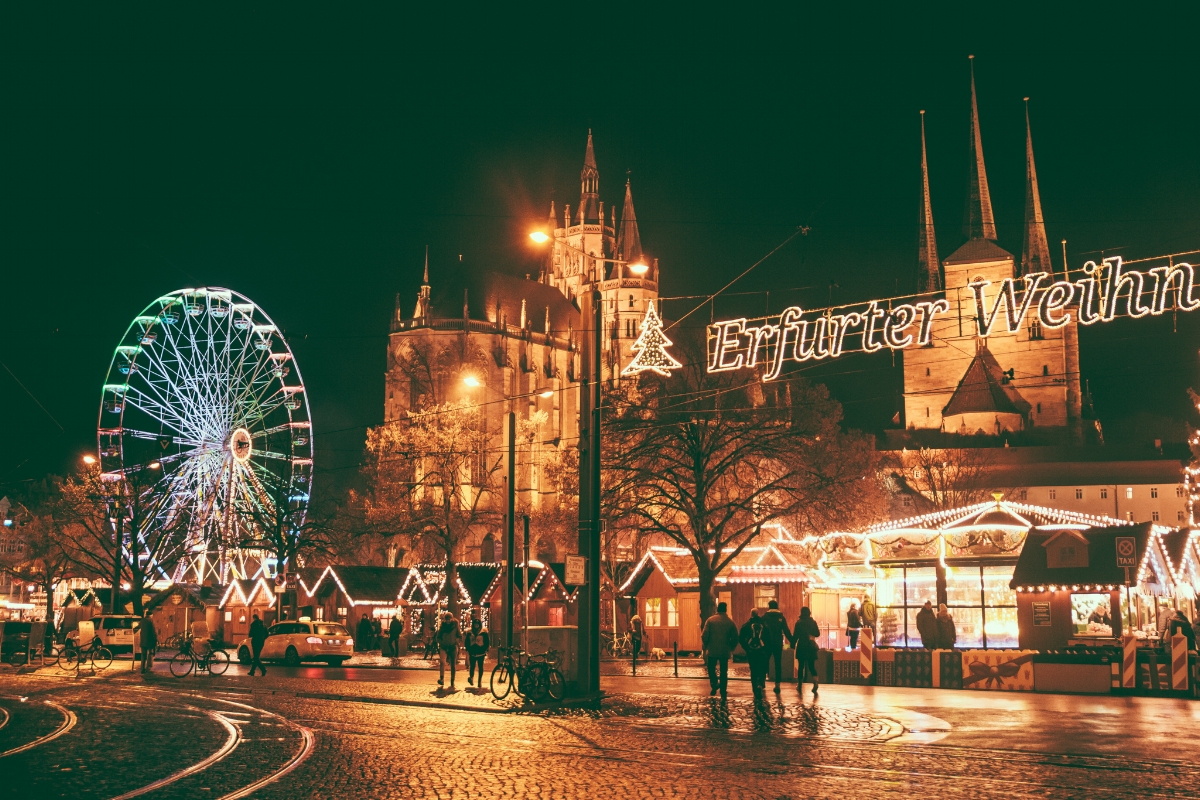
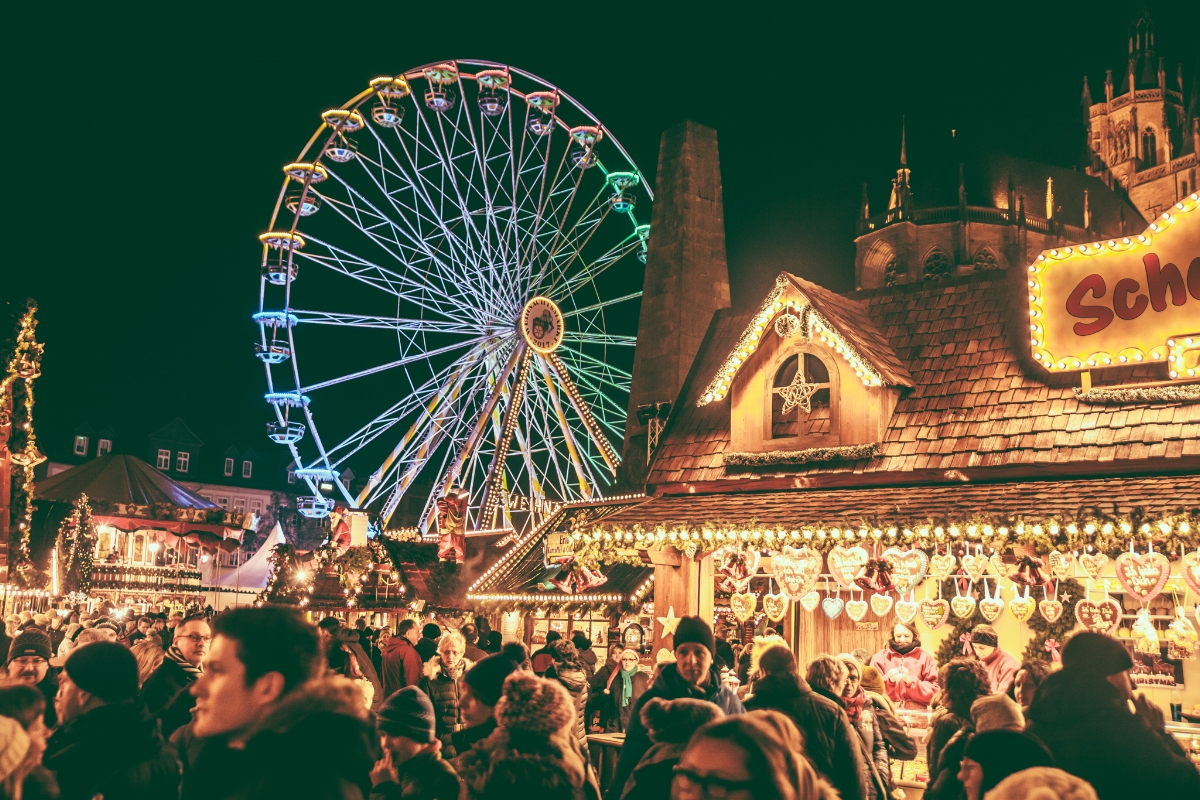
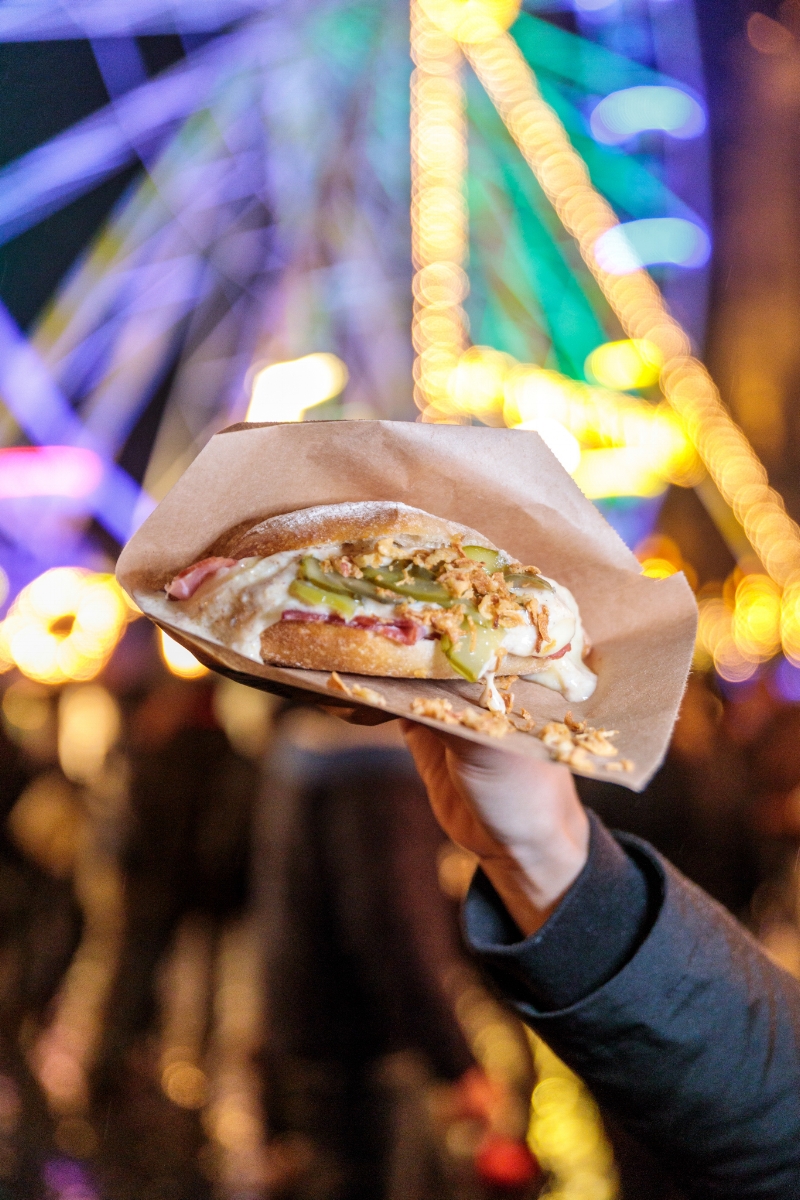
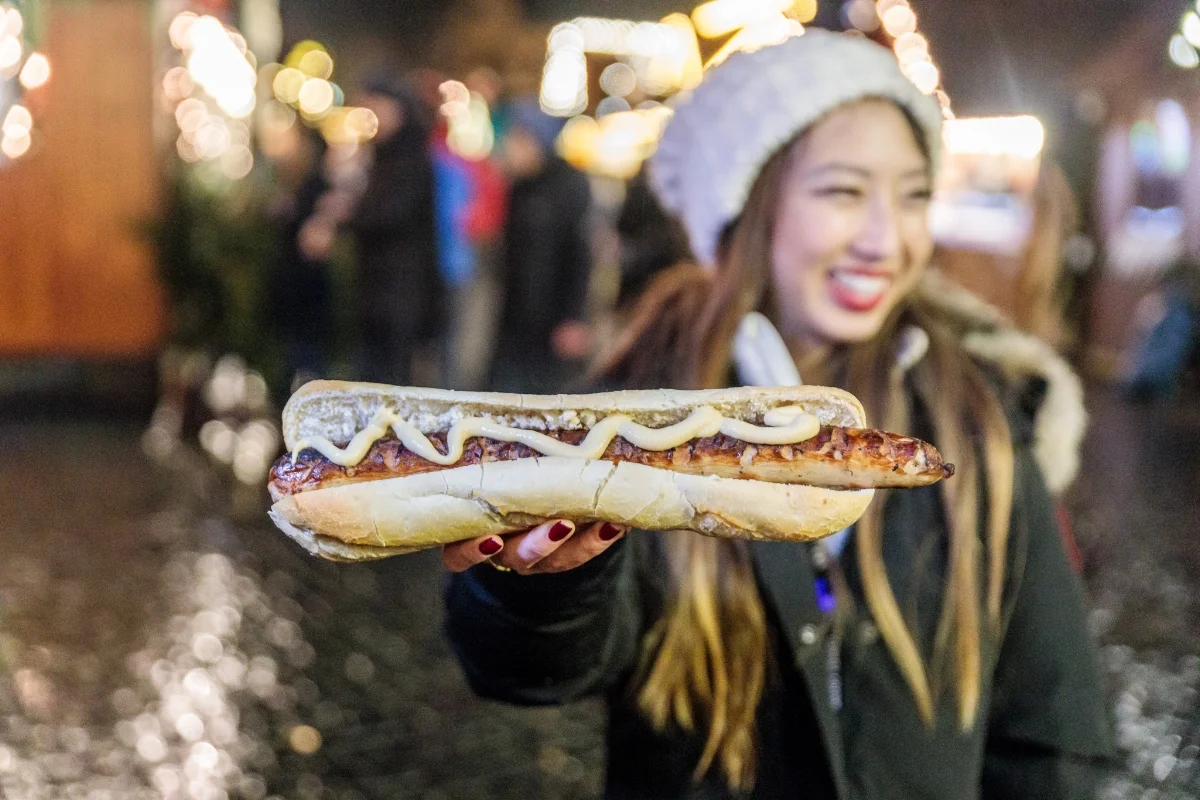
While we didn’t have very long to explore the whole city, we managed to hit some of the main highlights, like Erfurt’s famous chocolate shop, Goldhelm Schokolade. I highly recommend visiting their ice cream shop located on the Merchant’s Bridge and their nearby dedicated chocolate shop for some cake and truffles.
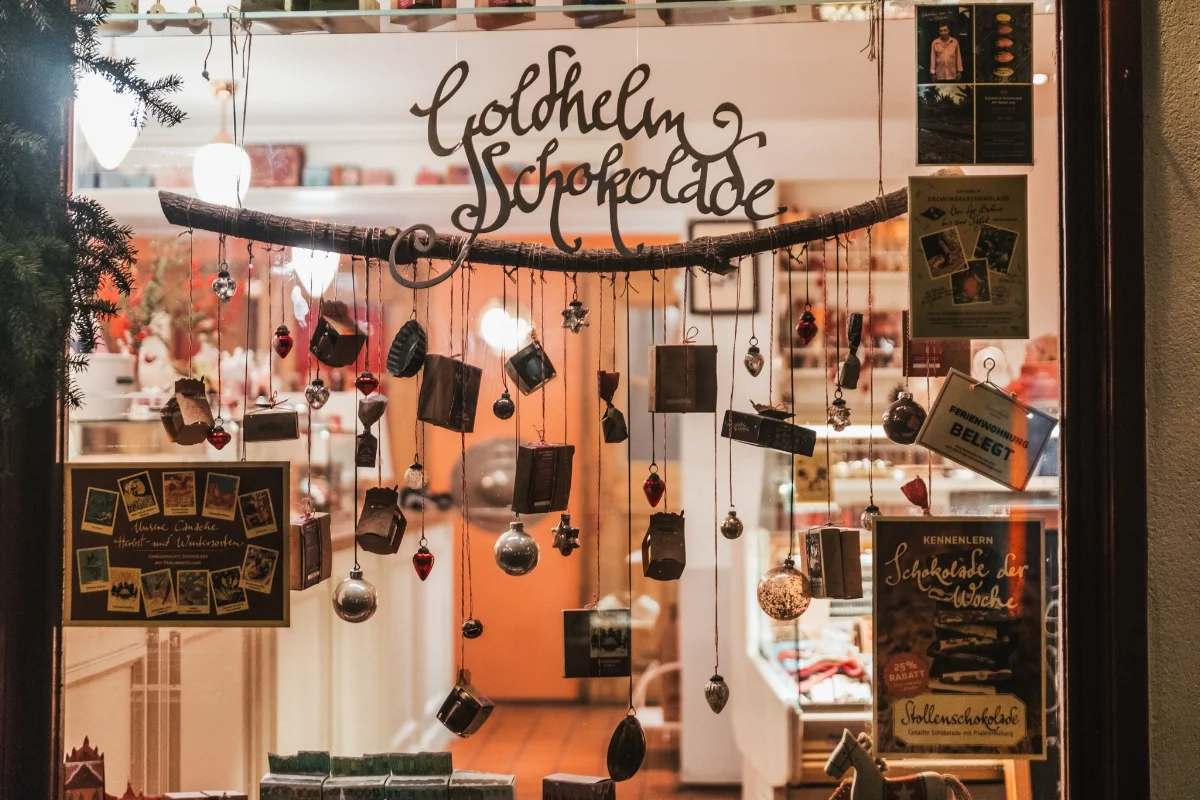
We also had a chance to visit Erfurt’s new tourist center, the headquarters of Visit Thuringia, located right next to the train station. Here, any visitors can learn anything they need to know about the Thuringia region and do several interactions experiences, including a VR room.
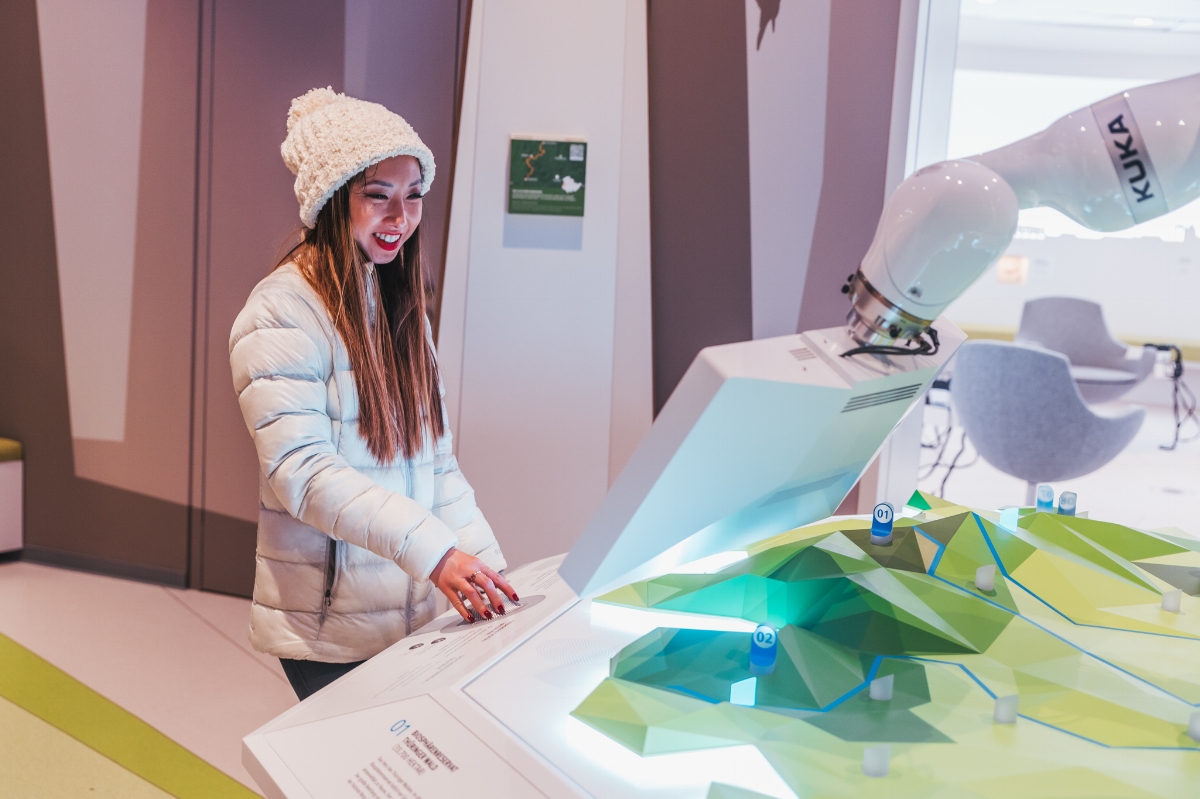
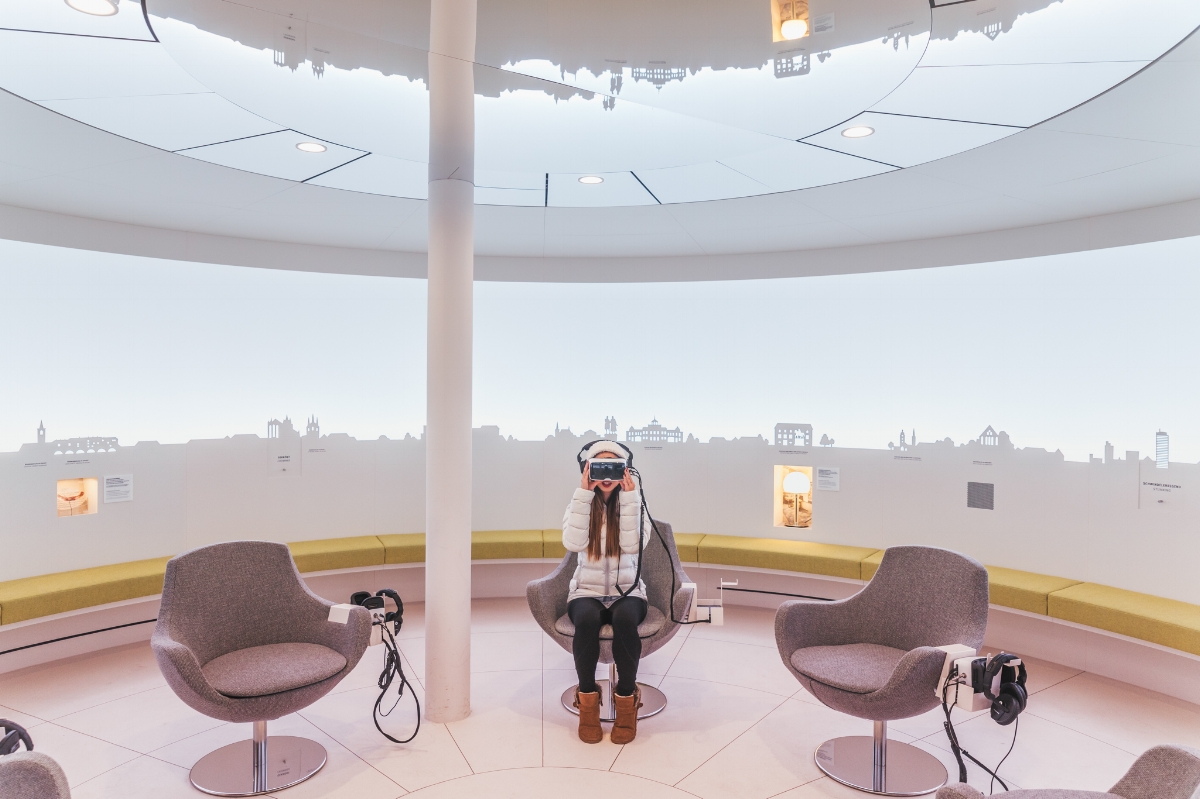
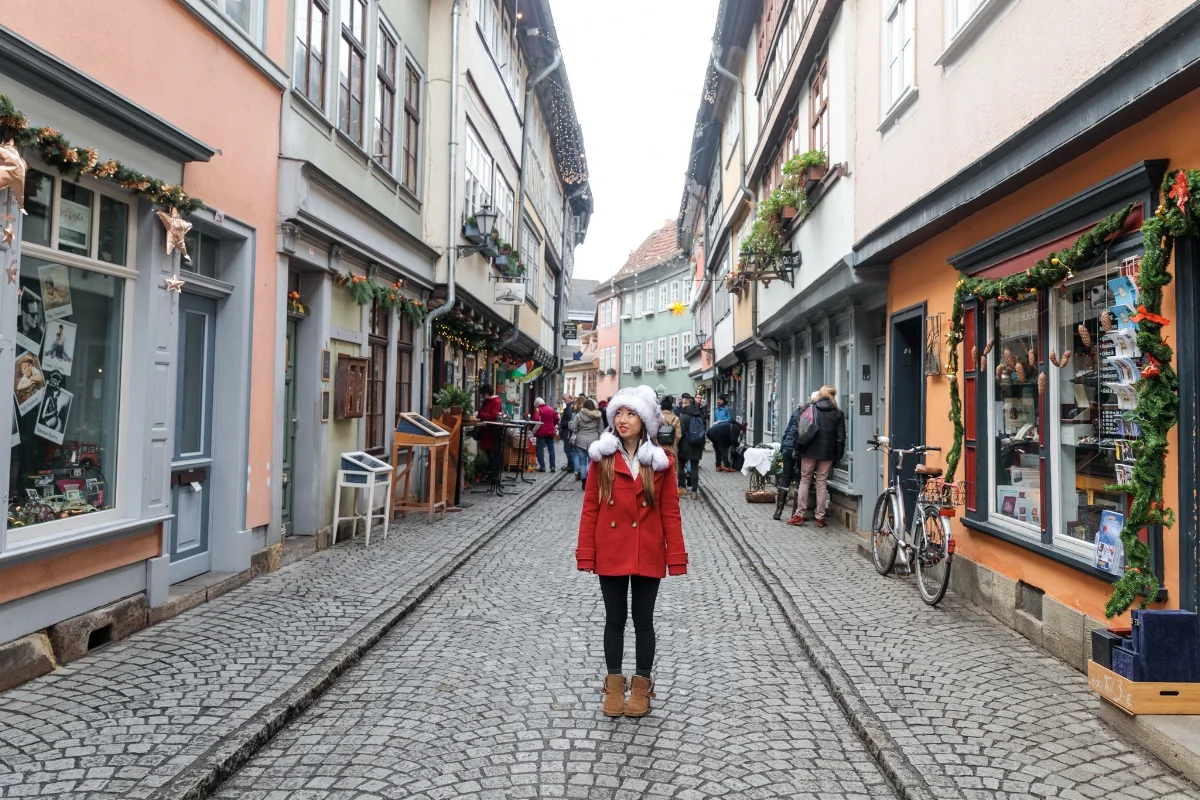
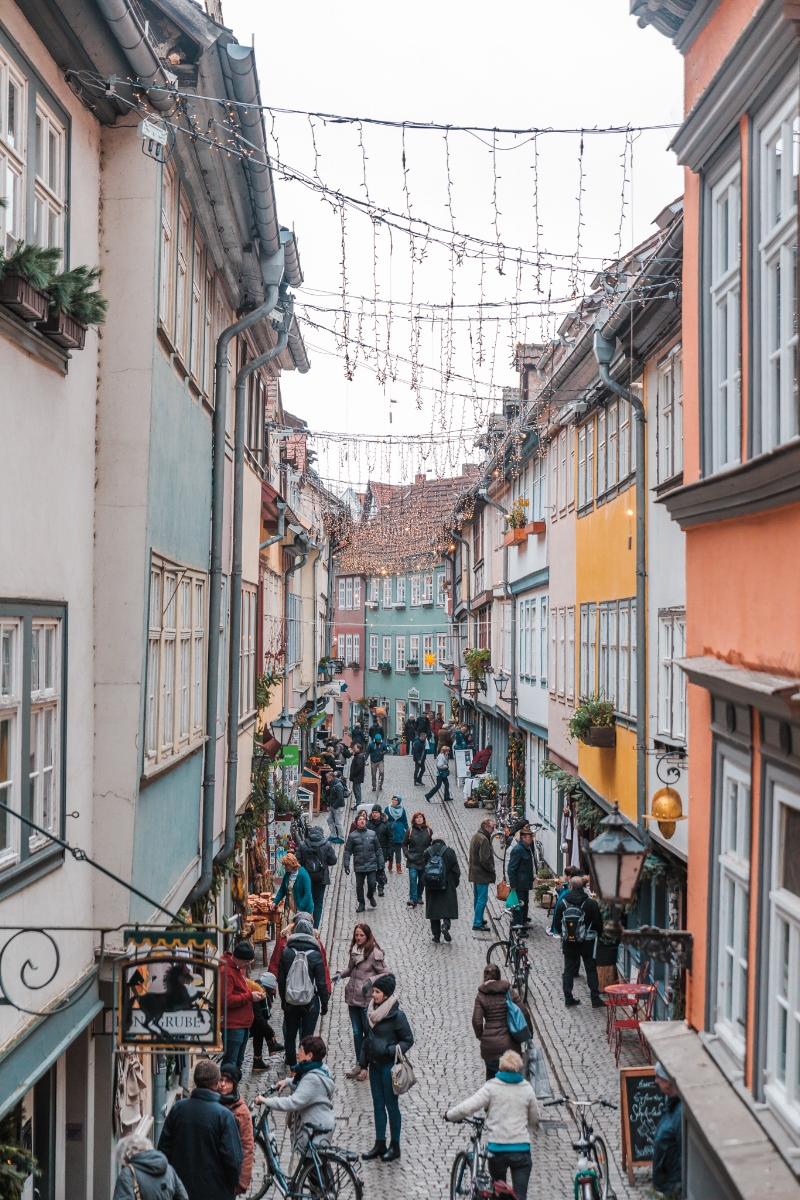
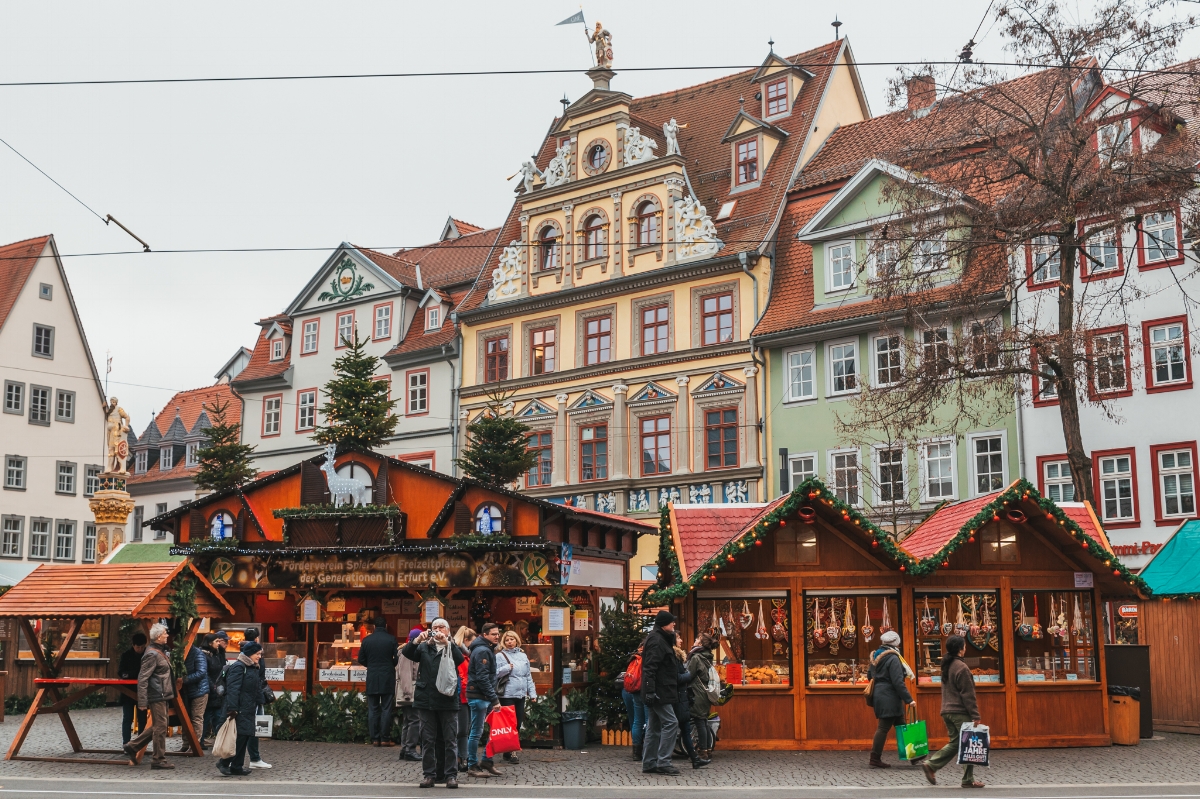
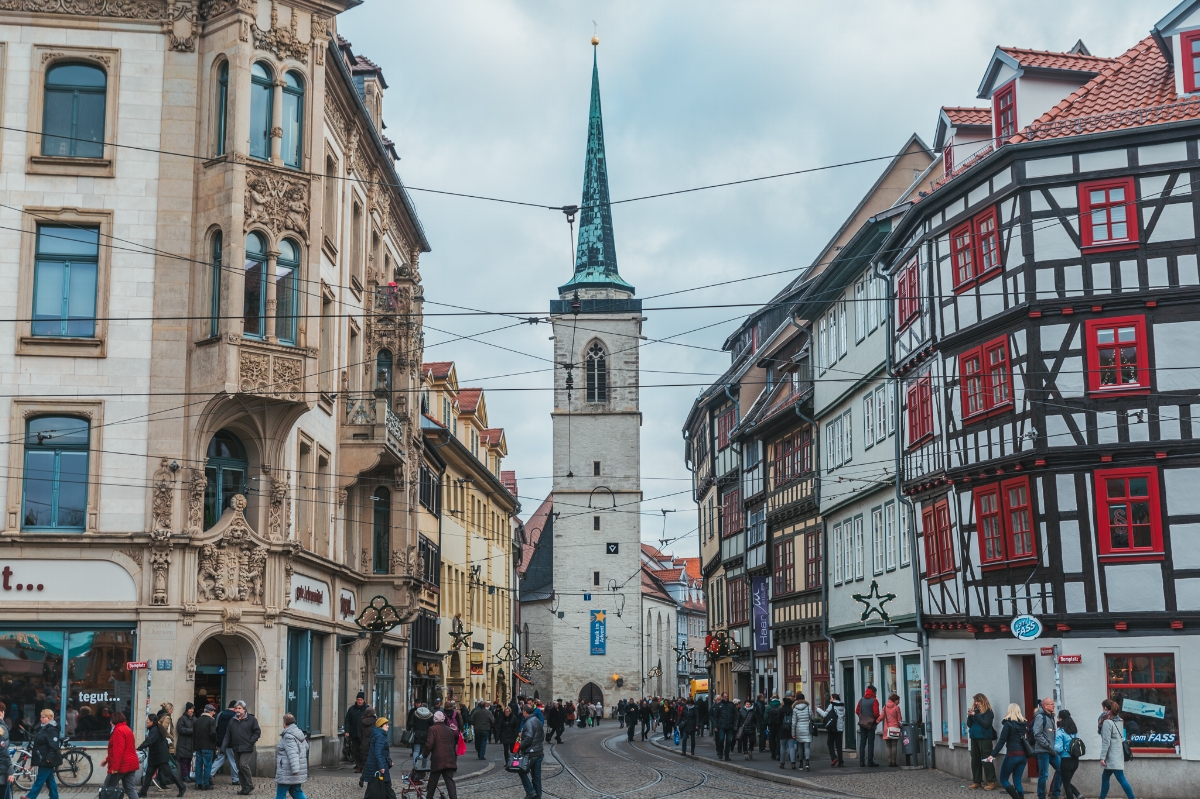
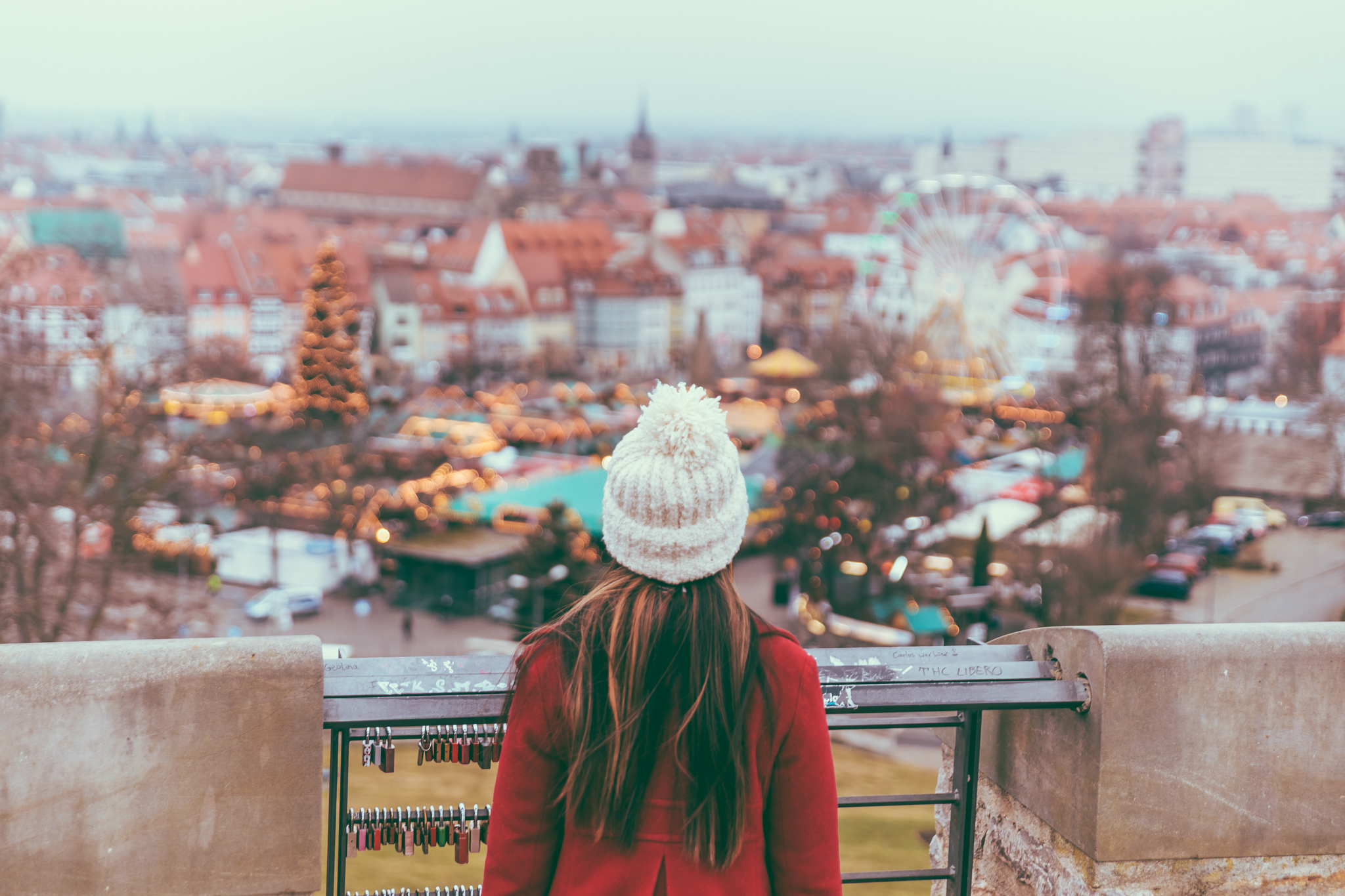
Friedenstein Palace
For the last day of our trip, we headed out to the city of Gotha to explore Friedenstein Palace, an early Baroque palace built in the mid-17th century. In its prime, Friedenstein served as the main home of the Dukes of Saxe-Gotha, who had close ties to the British Royal Family through Prince Albert’s marriage to Queen Victoria.
The most interesting feature of the palace is its theatre, built in the late 17th century by Caspar Lindemann and Hans Hoffmann. To this day, they still use it to put on shows at the palace, and it is one of the oldest theatres in the world with working original stage machinery.
Thanks so much to Germany Tourism and Visit Thuringia for their hospitality. I had a wonderful time exploring the region, and I hope to be back sometime in the future. For any more info on Thuringia, including the other places in the region that Jane and I didn’t have the time to make it to, visit their official tourism website.
Like the article? Pin it for later!

